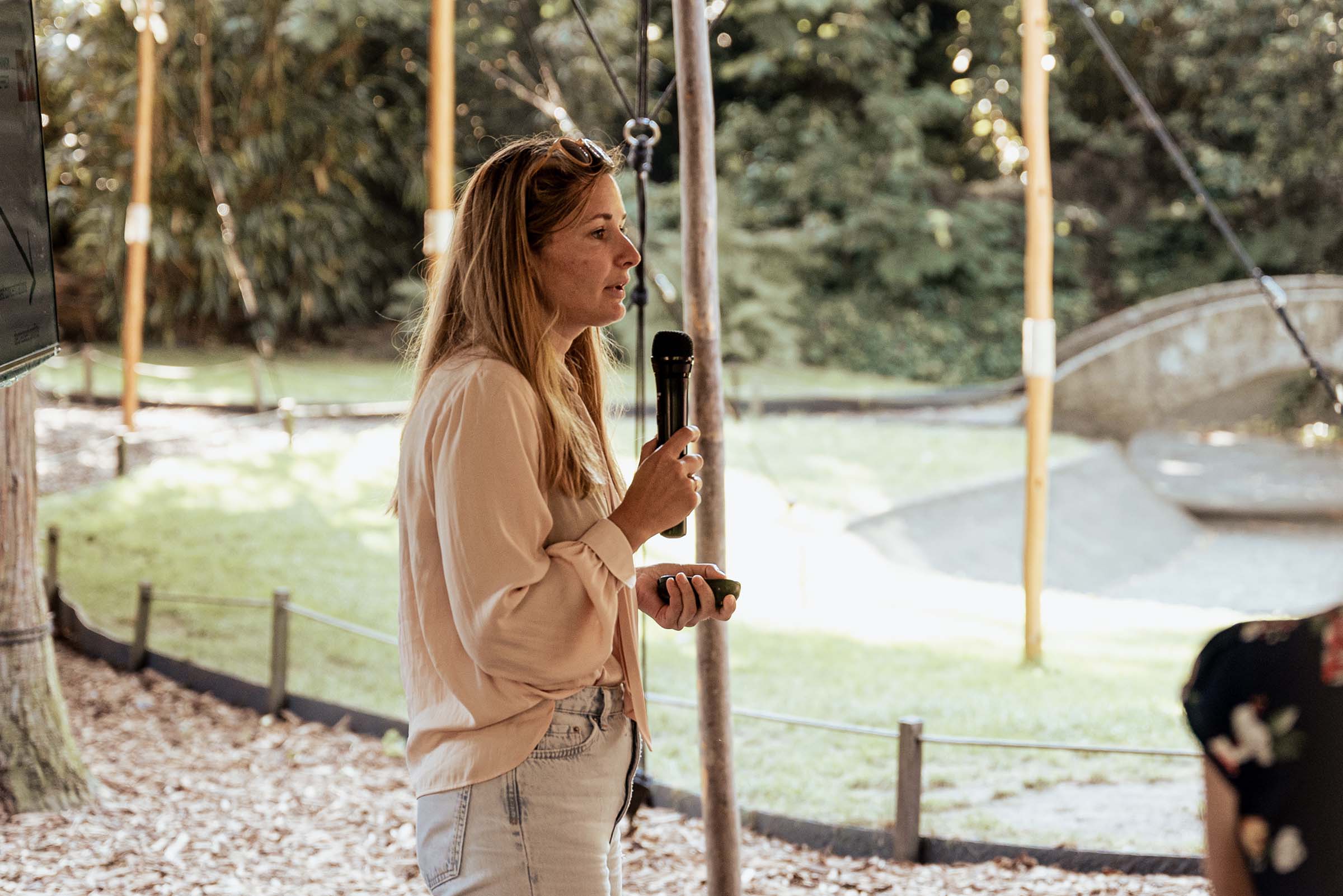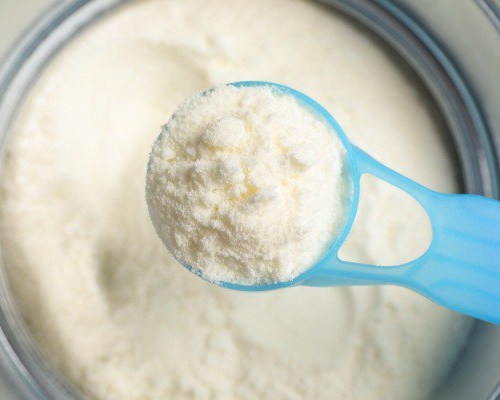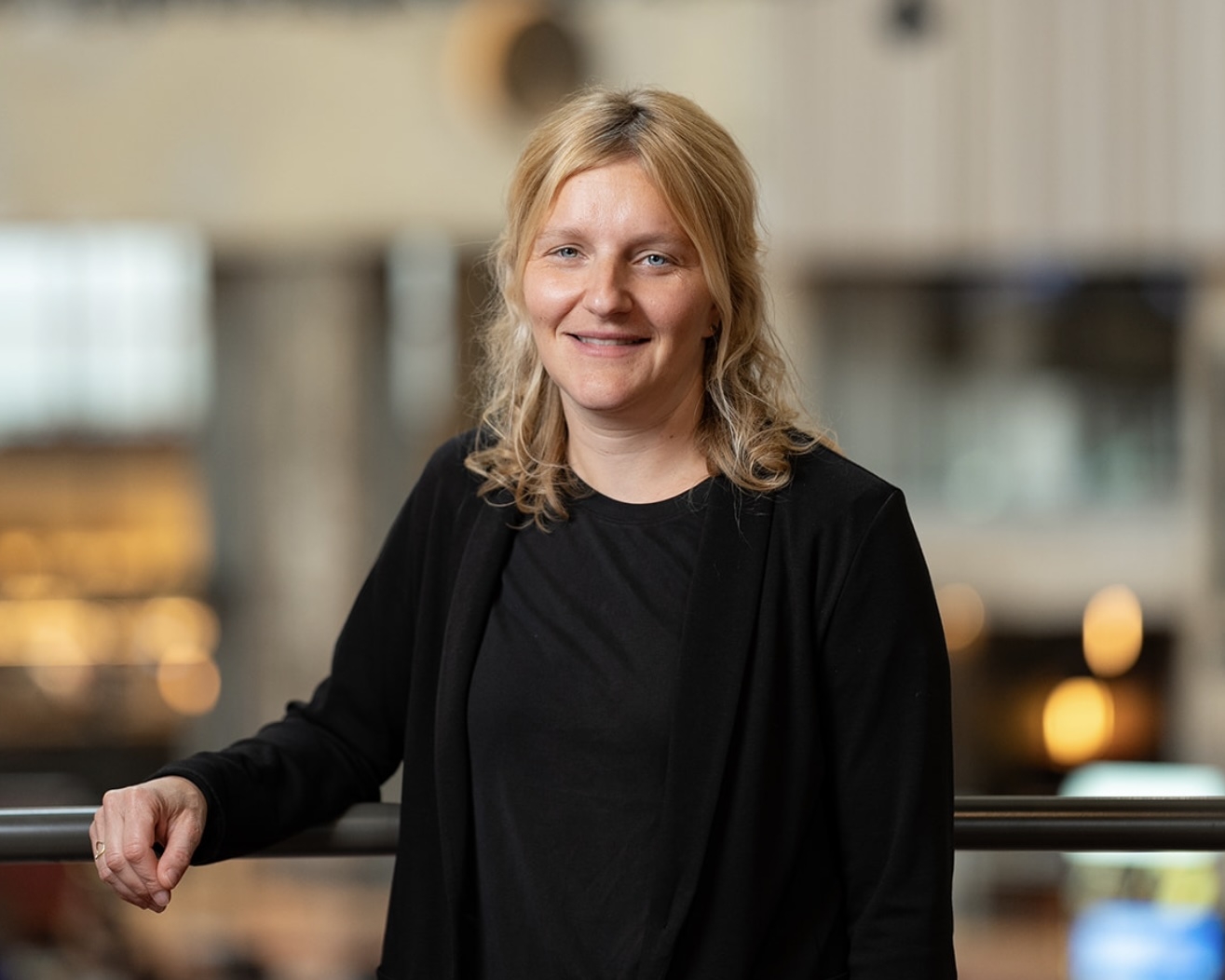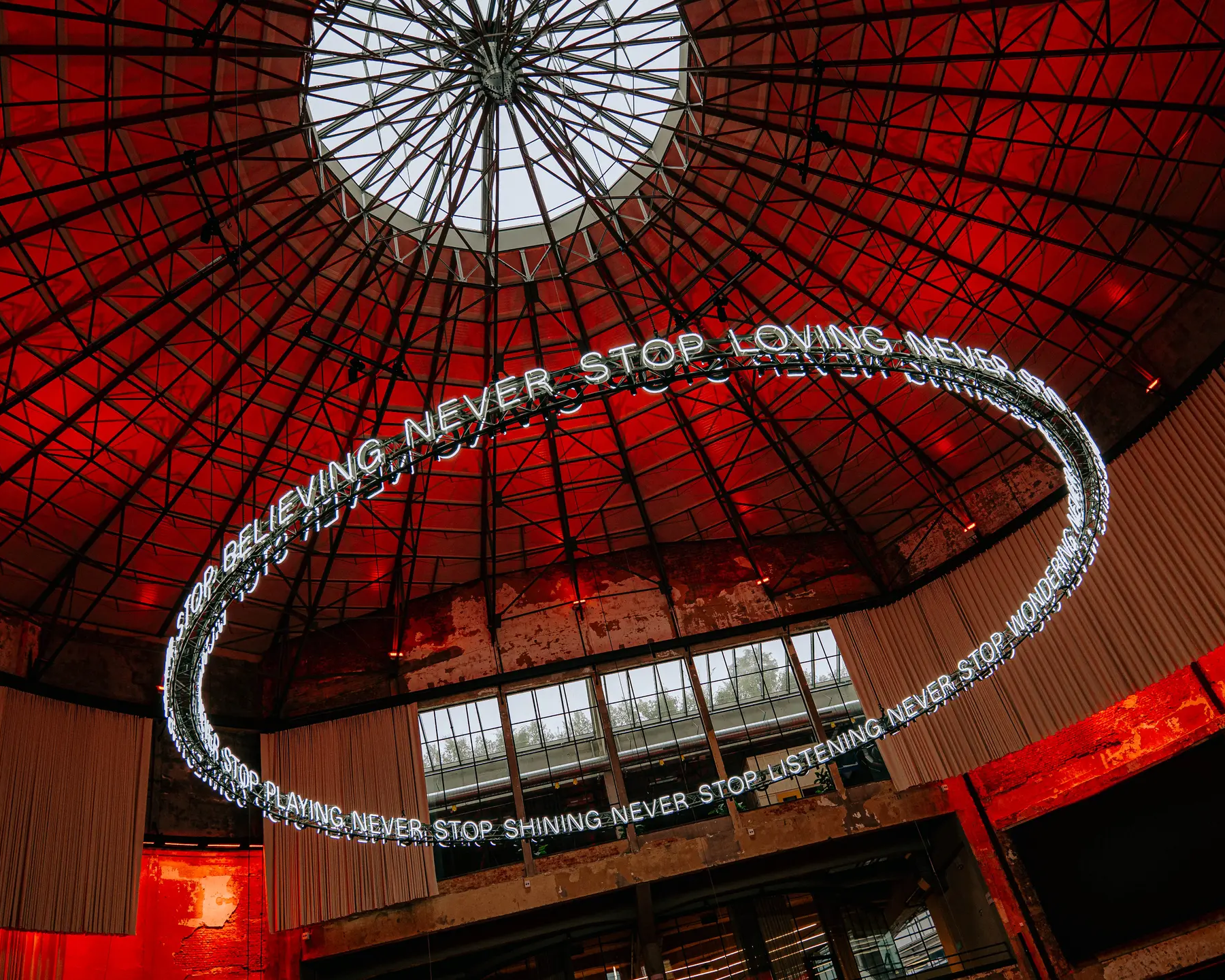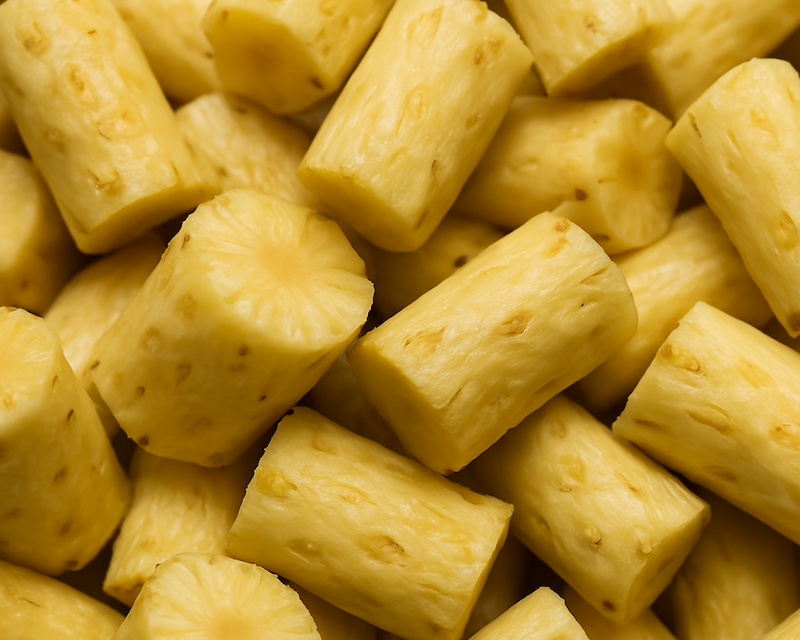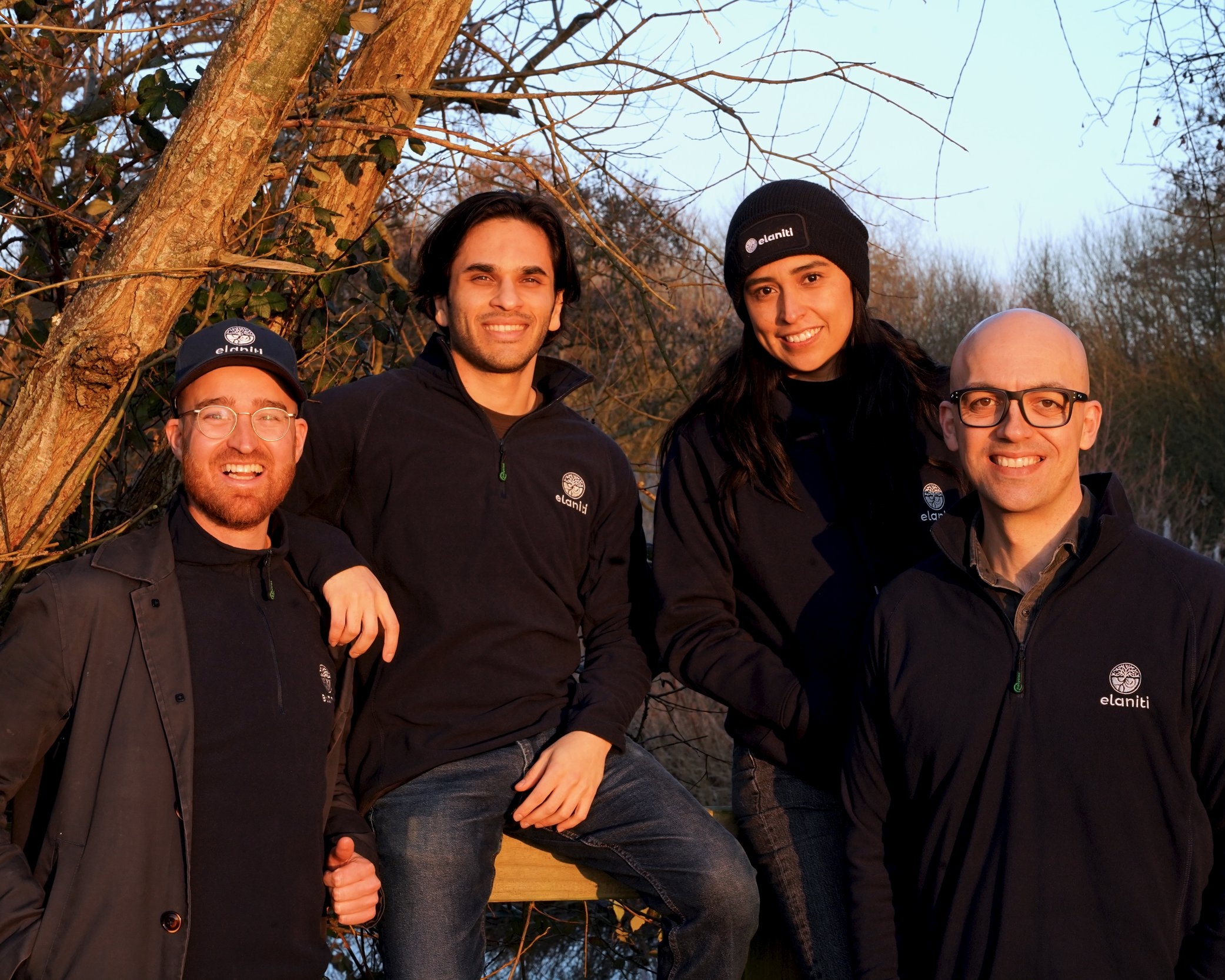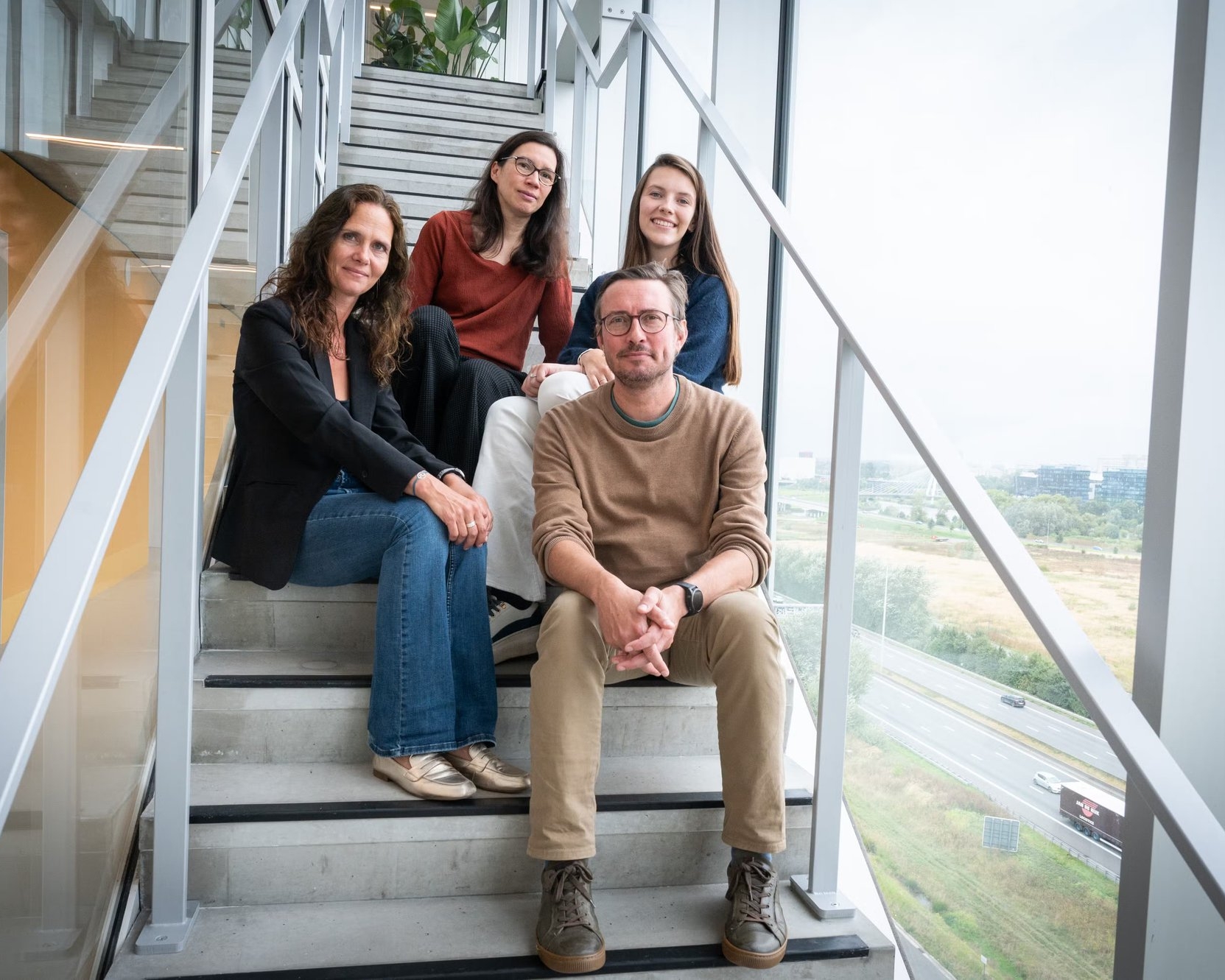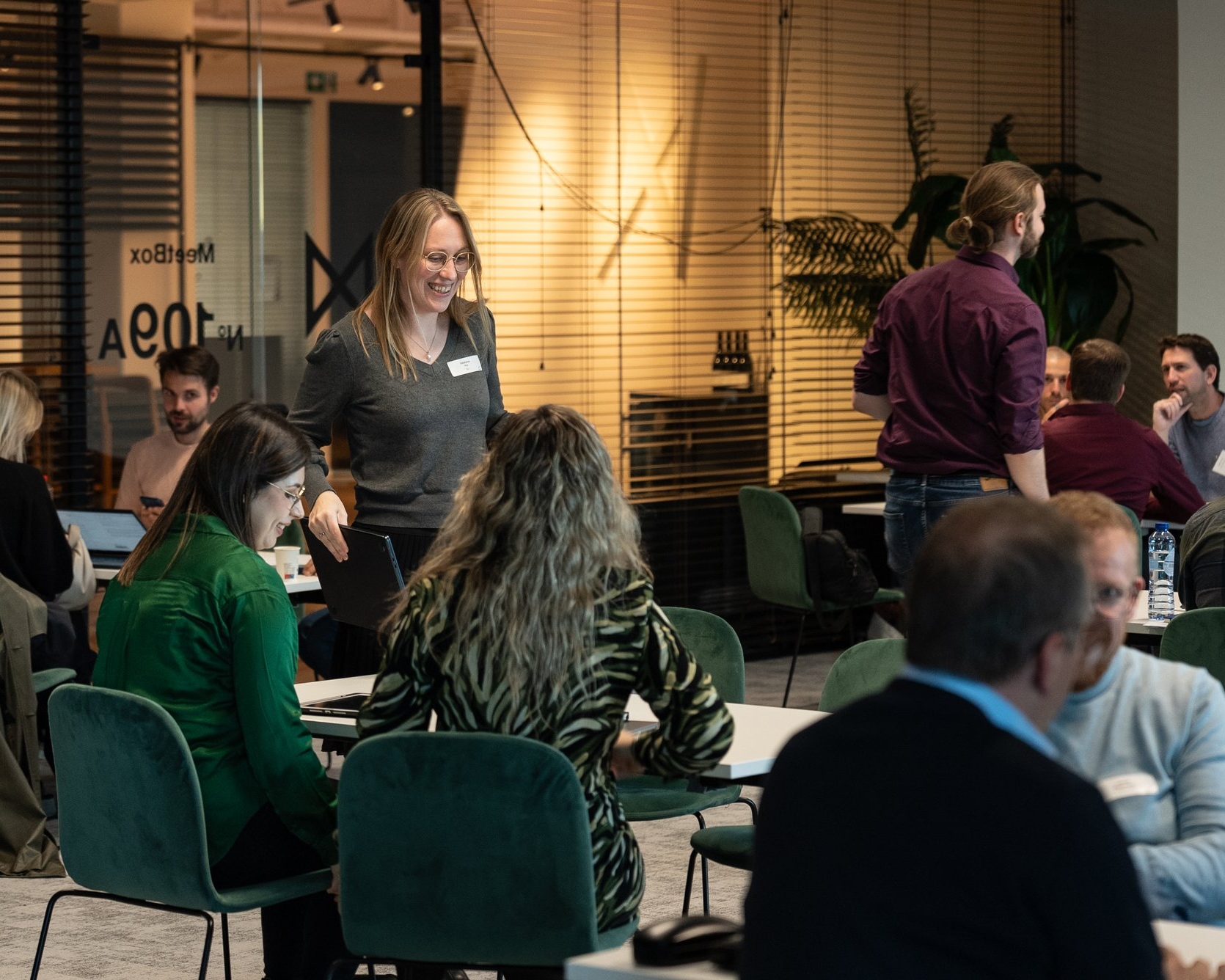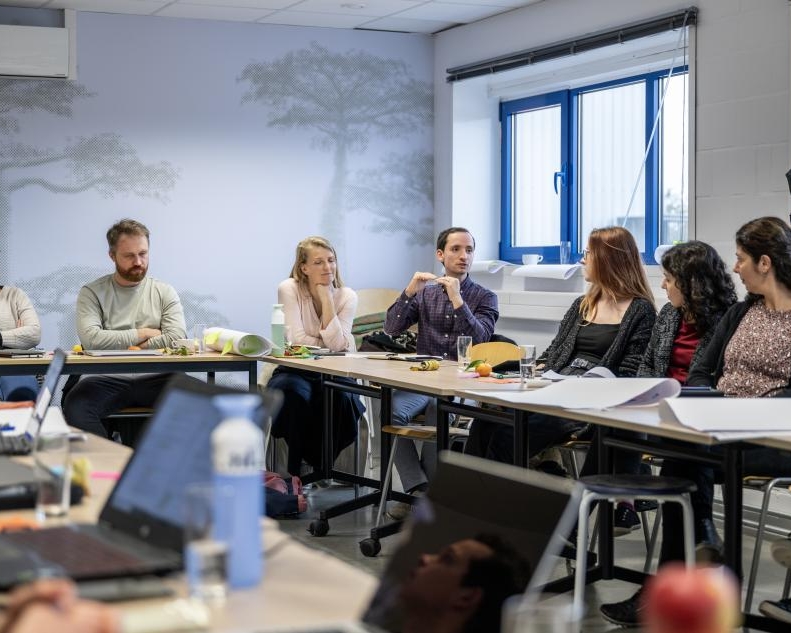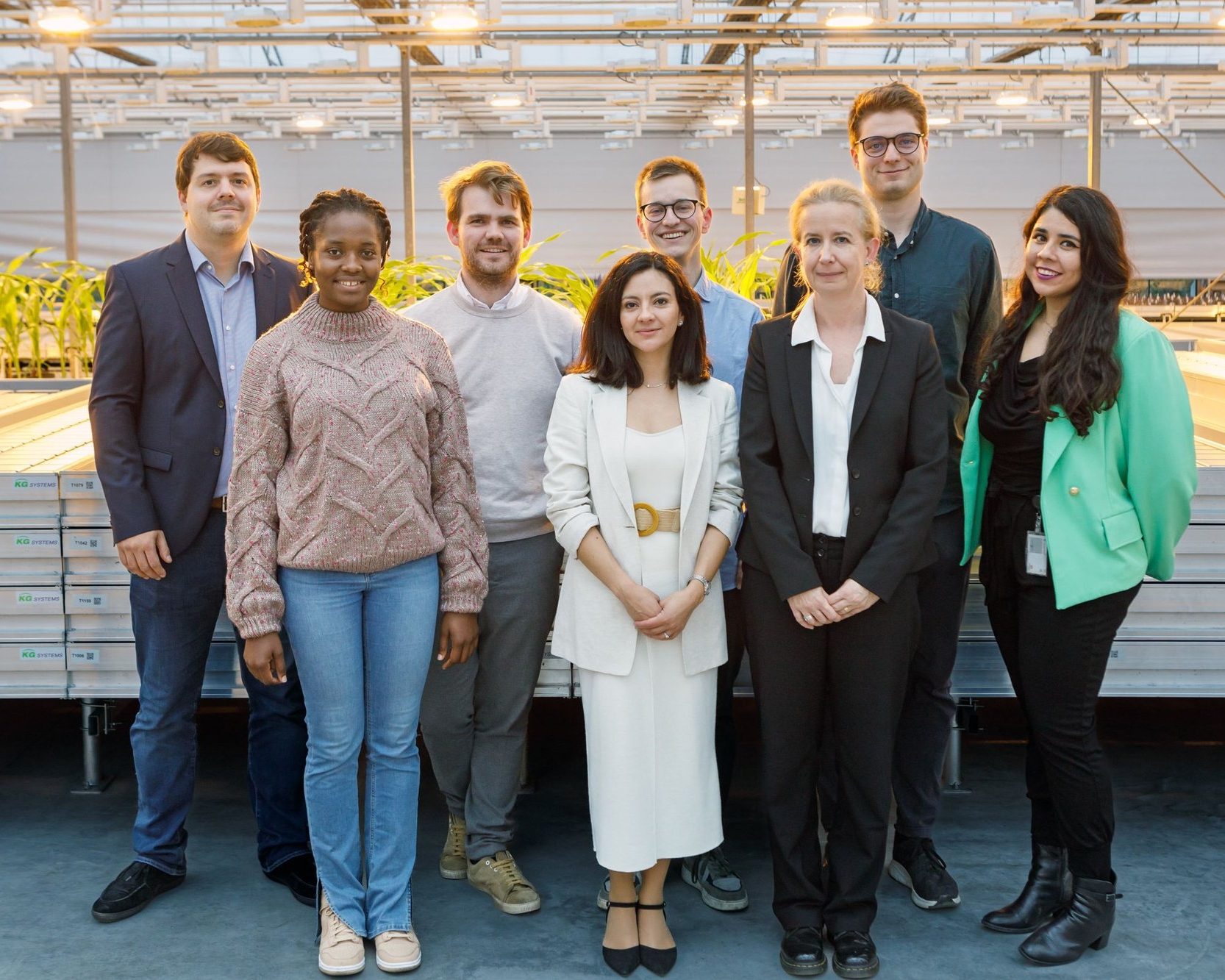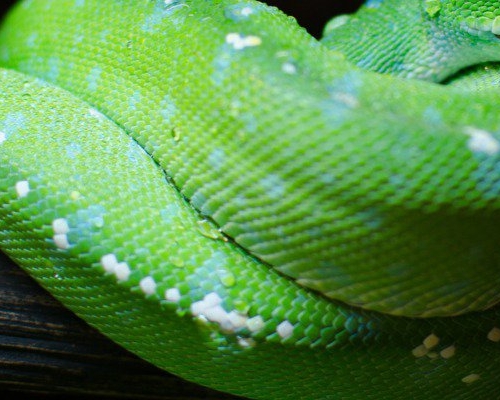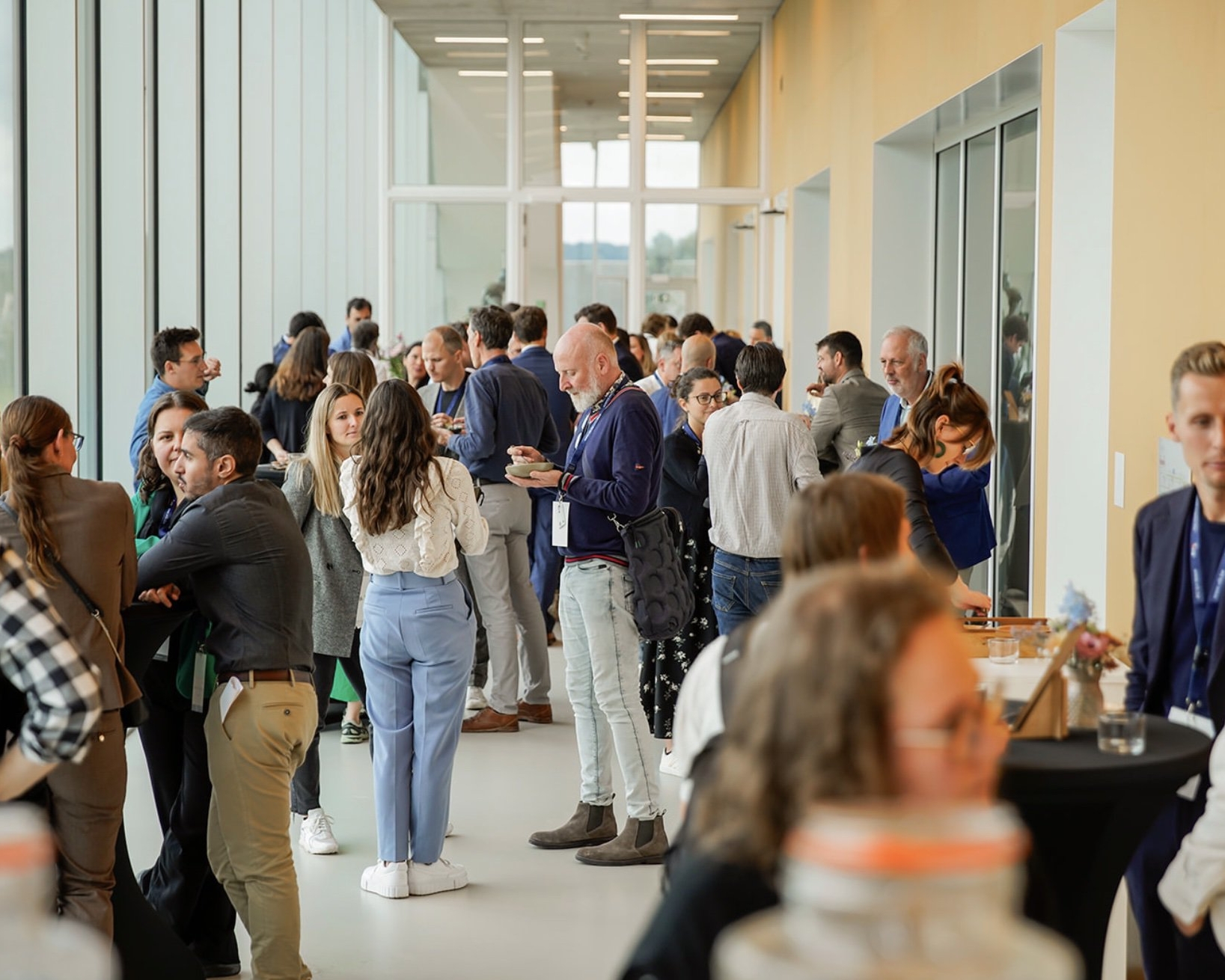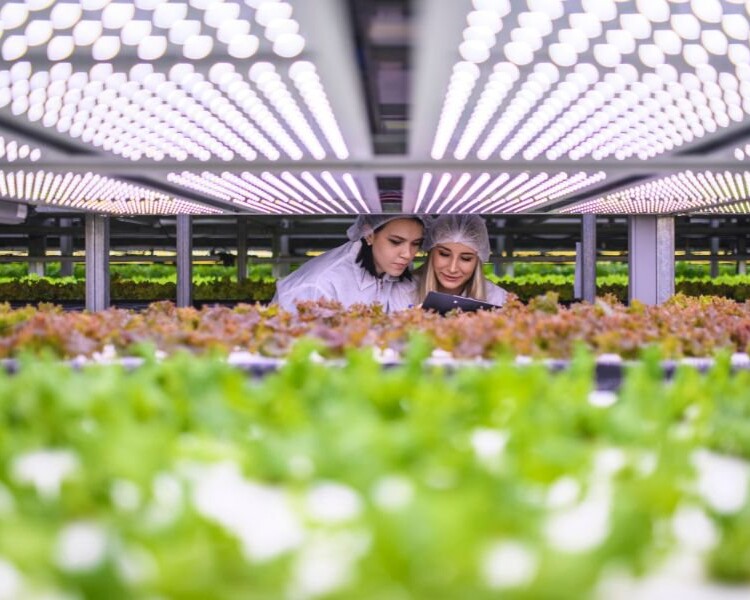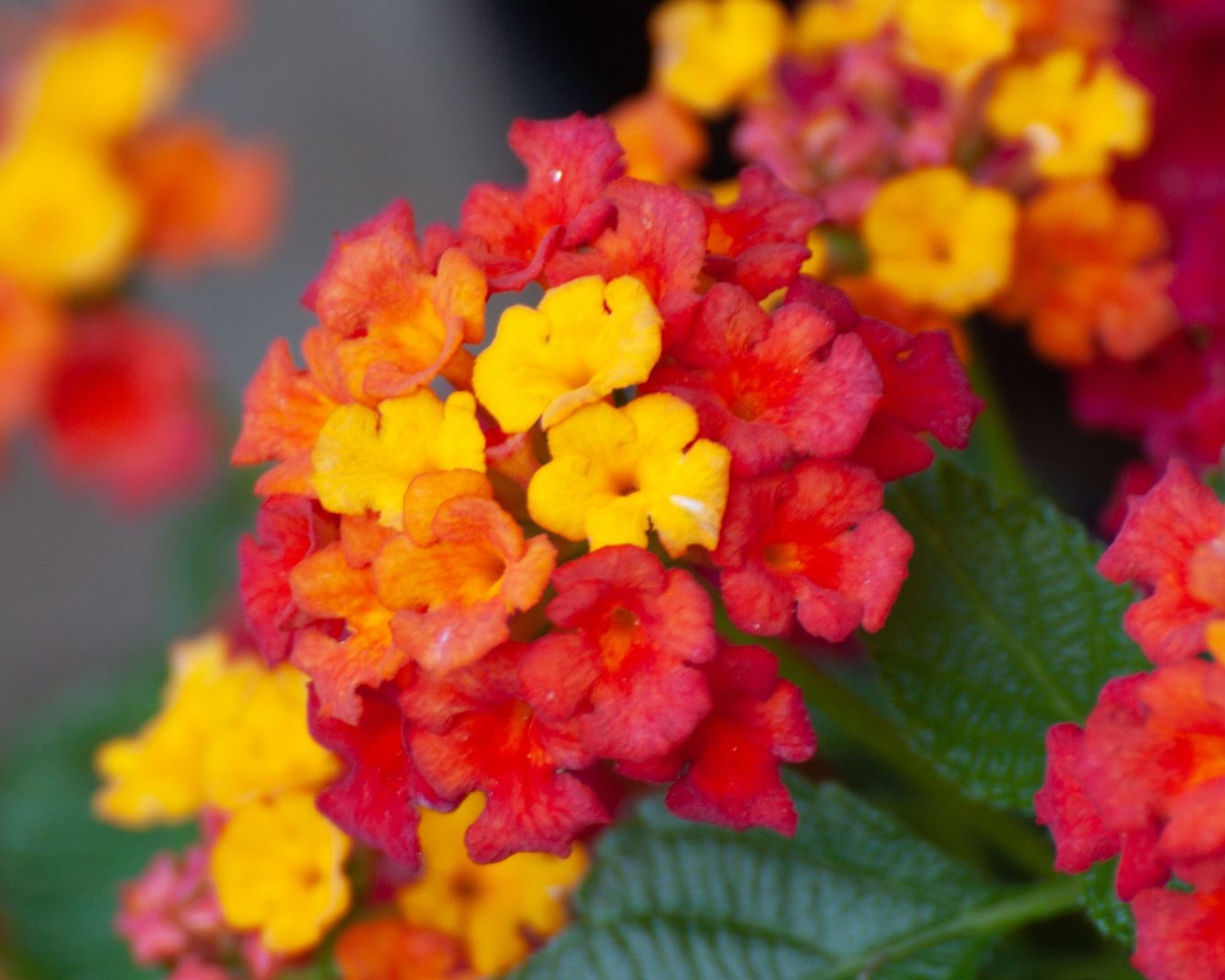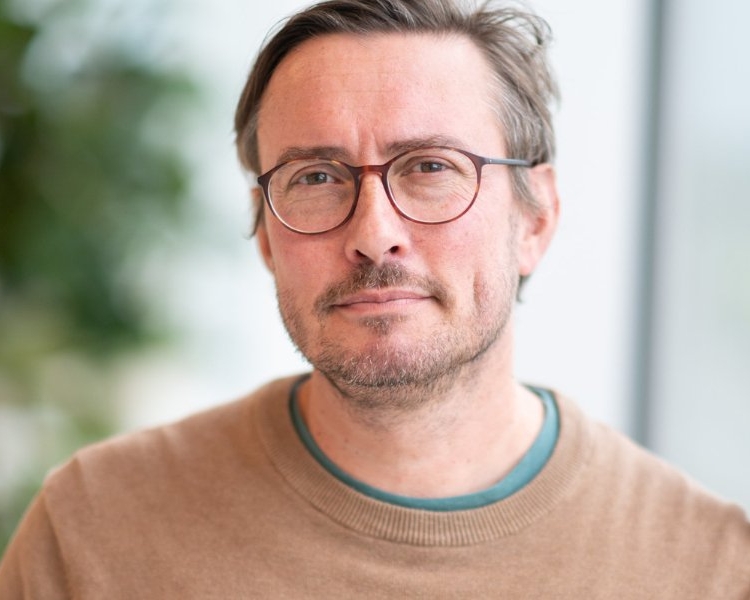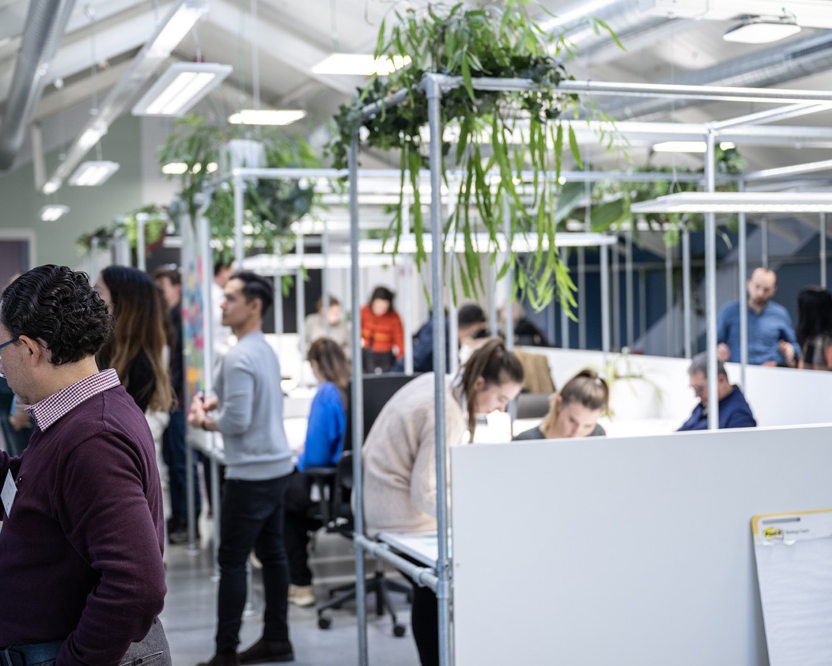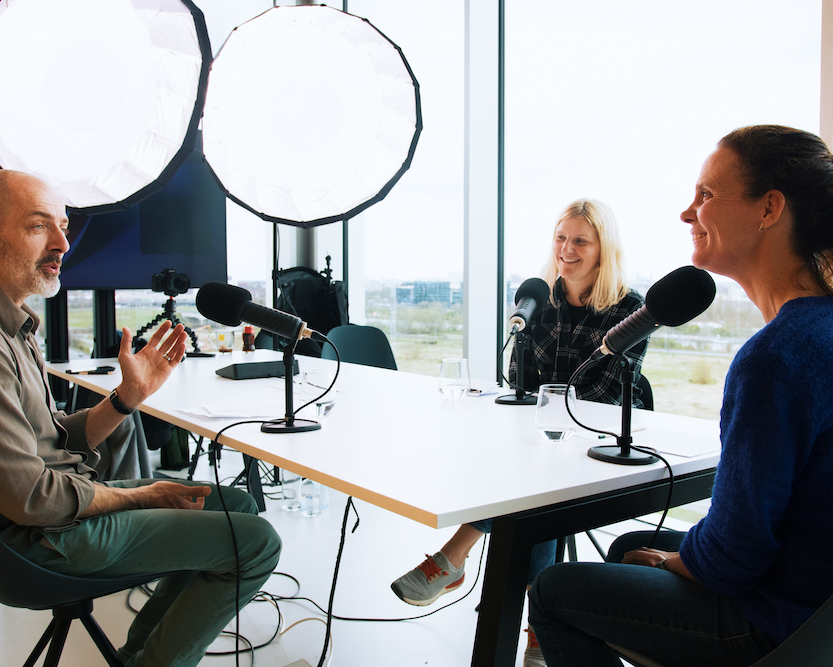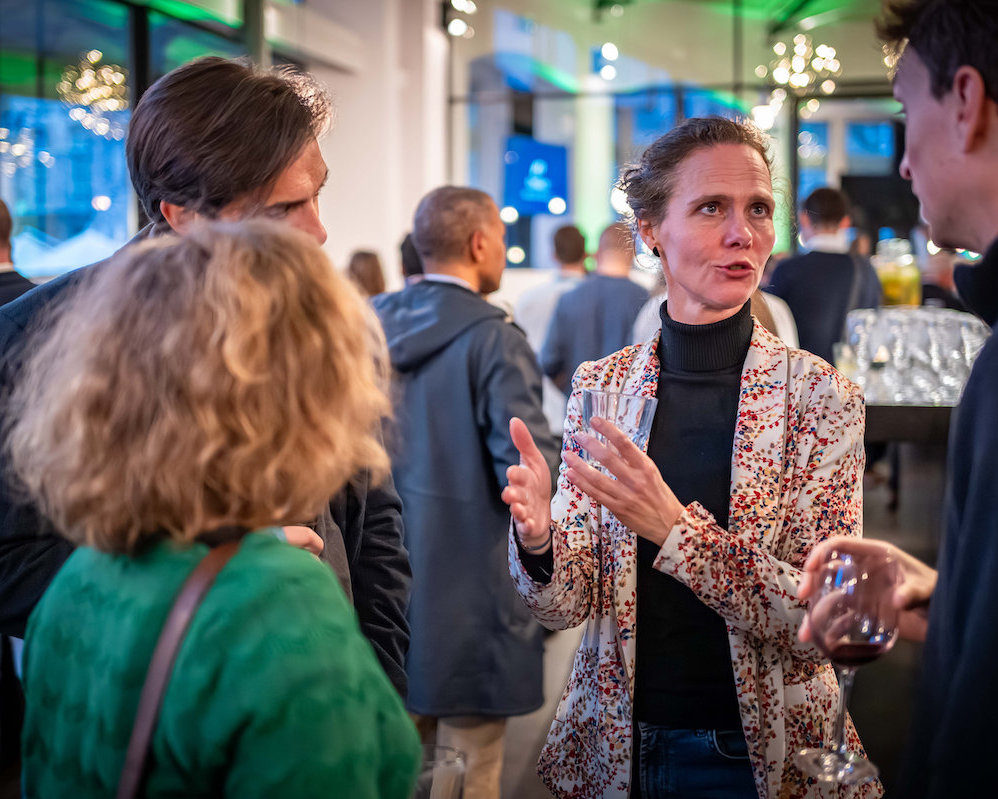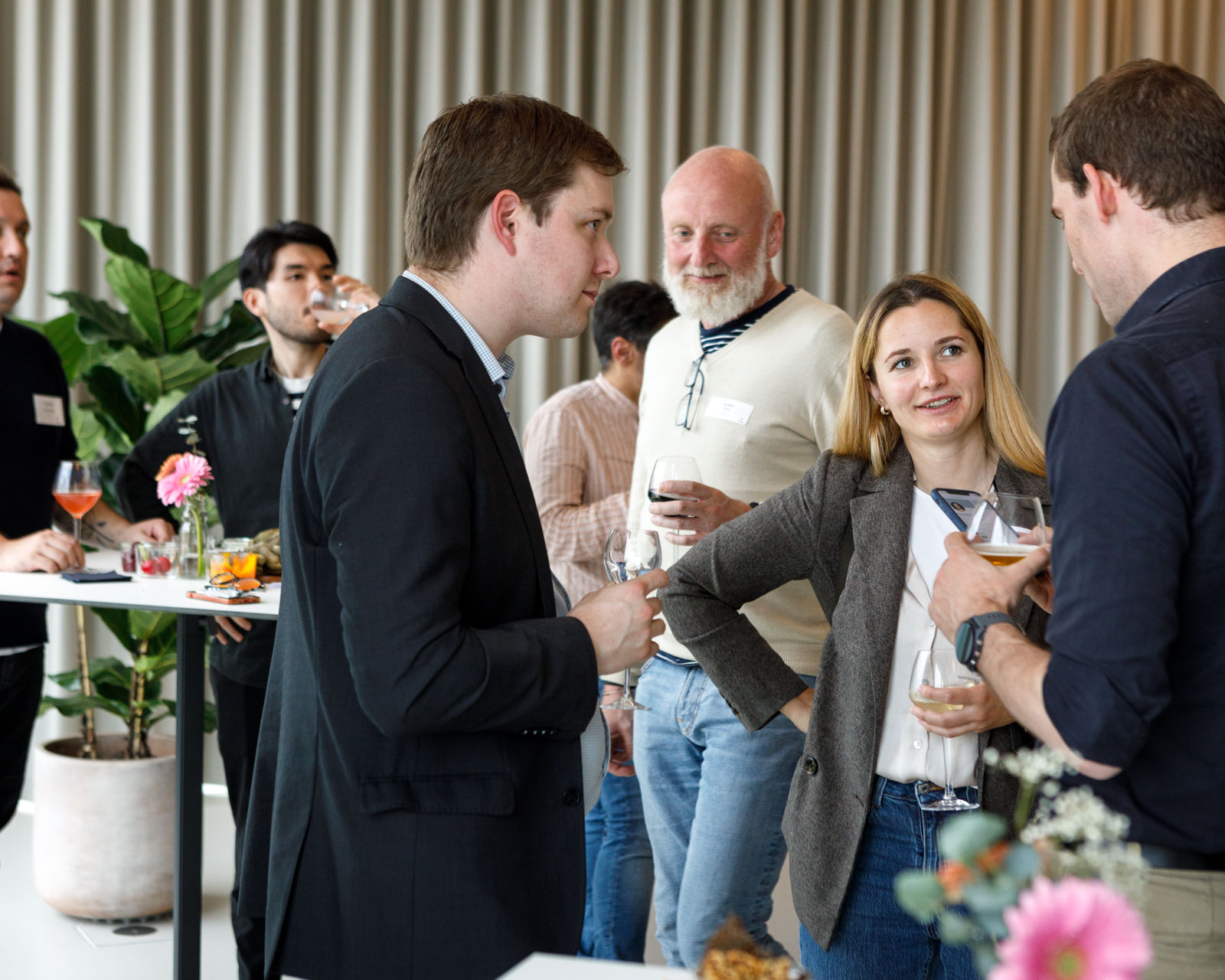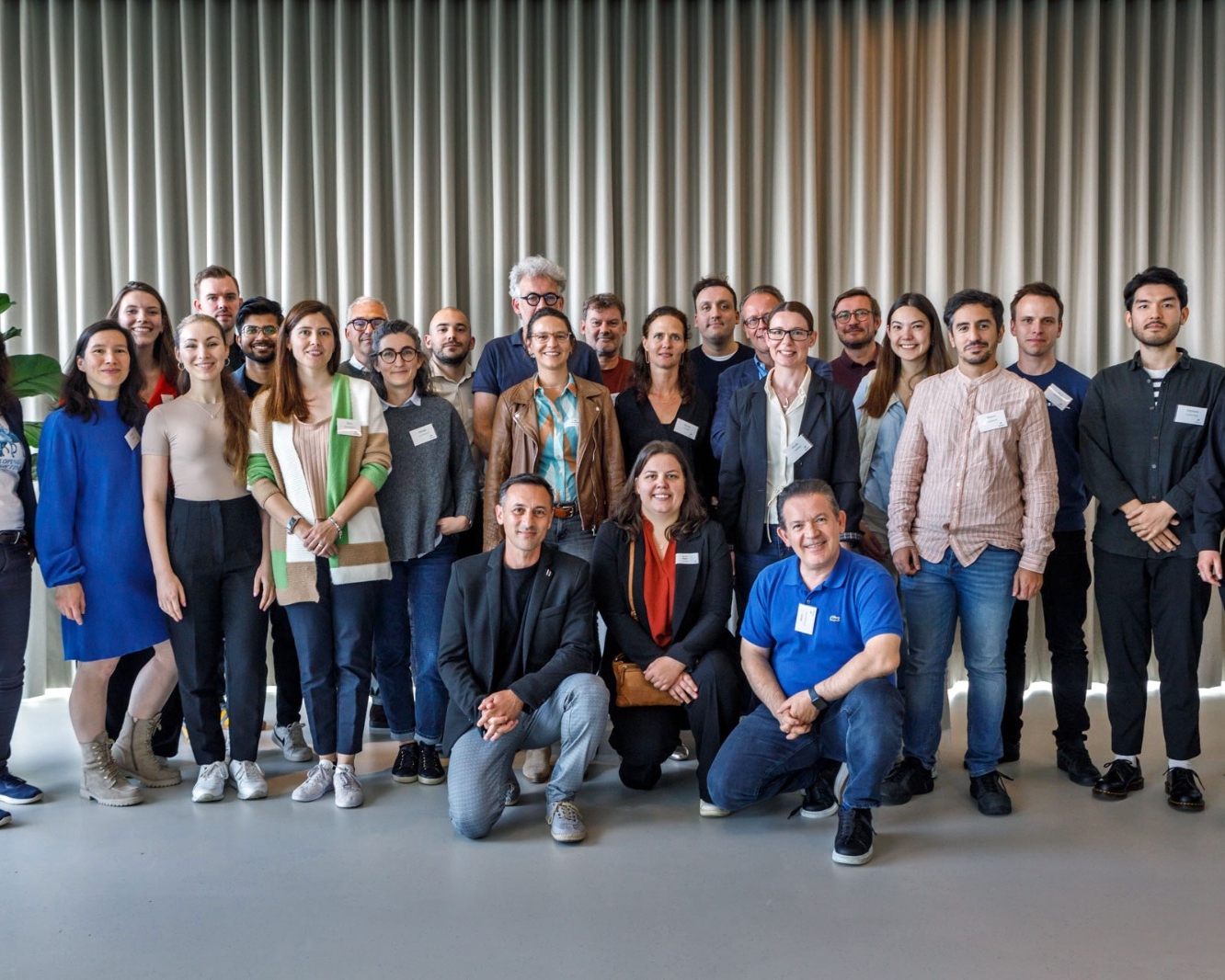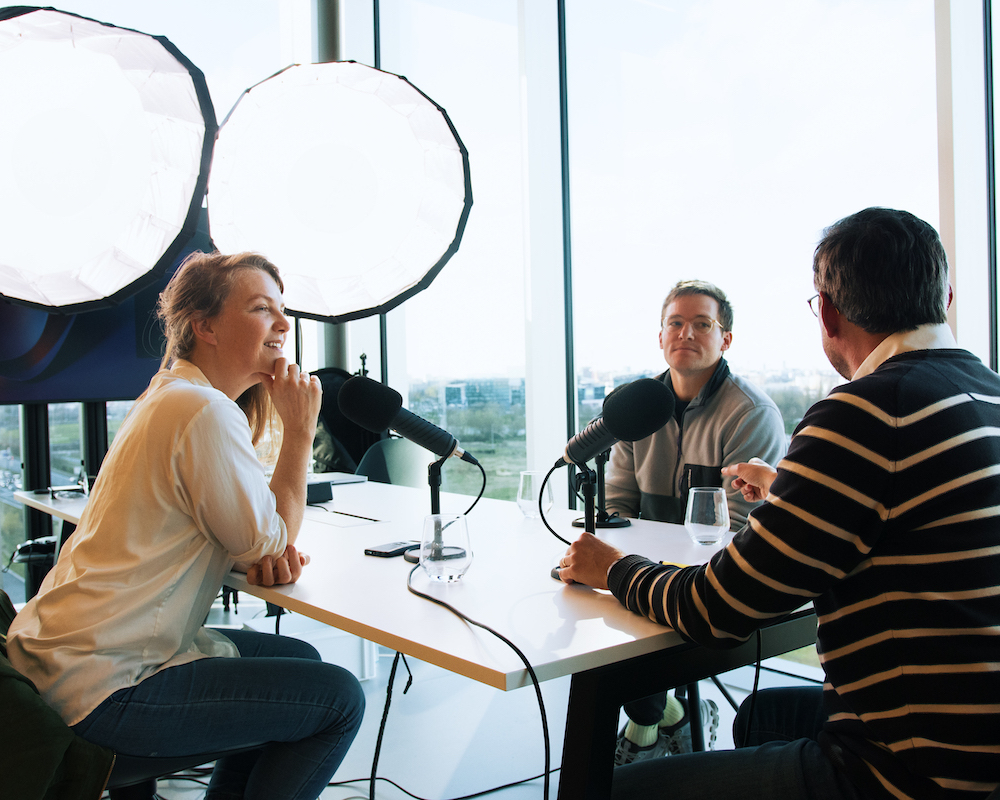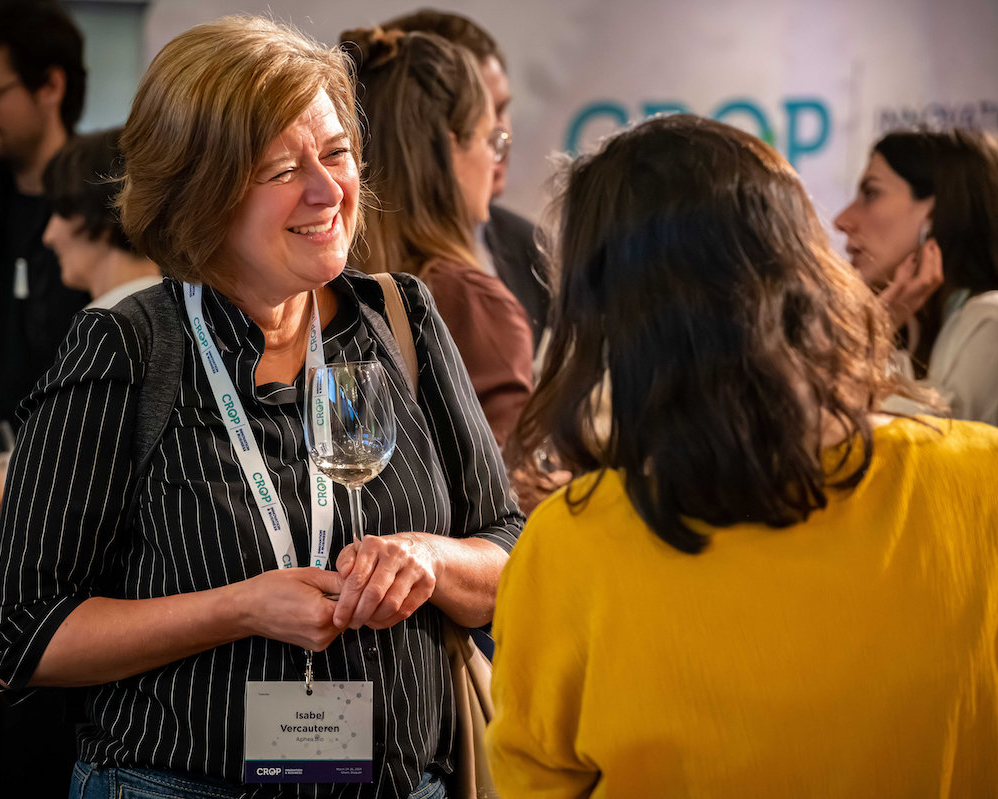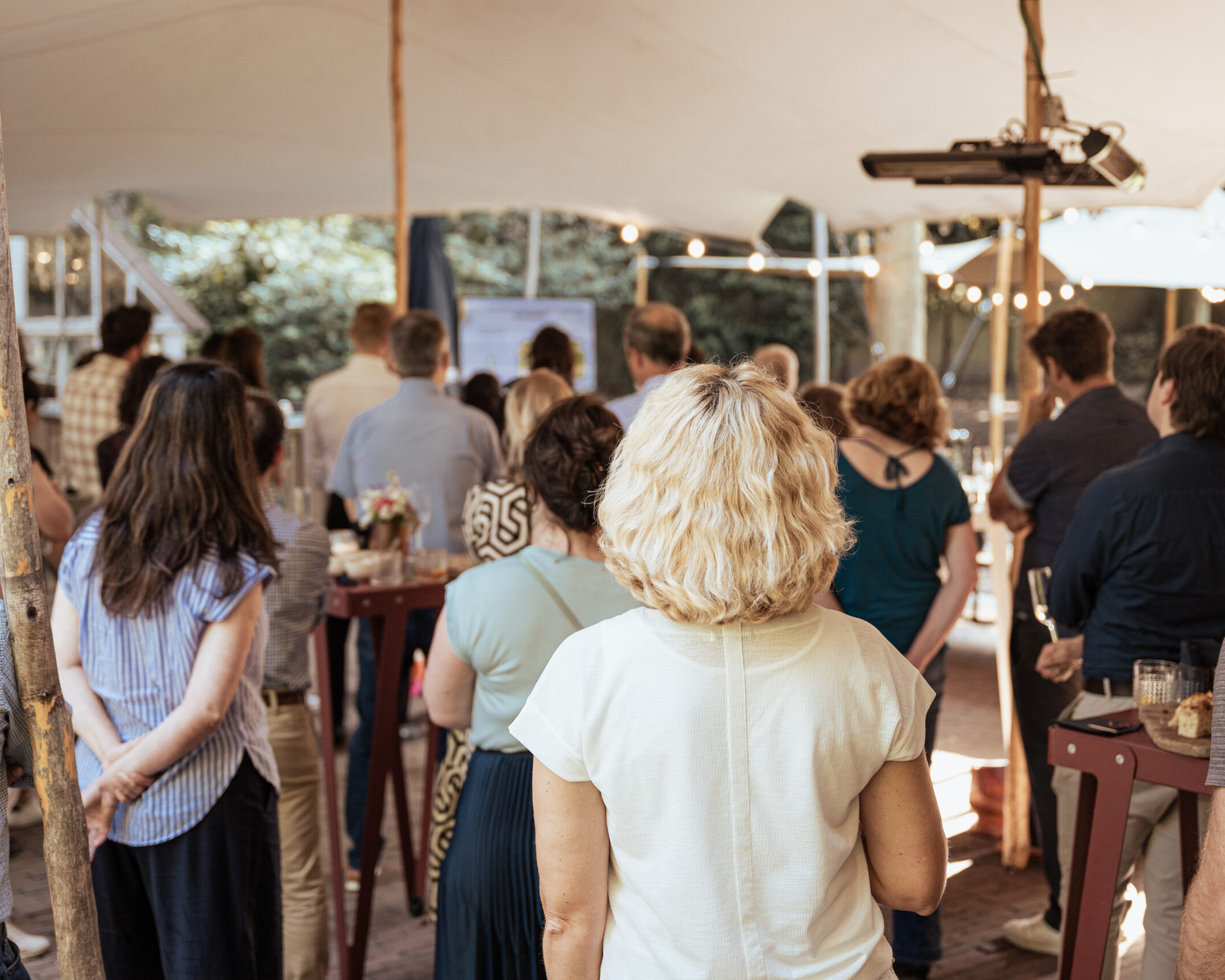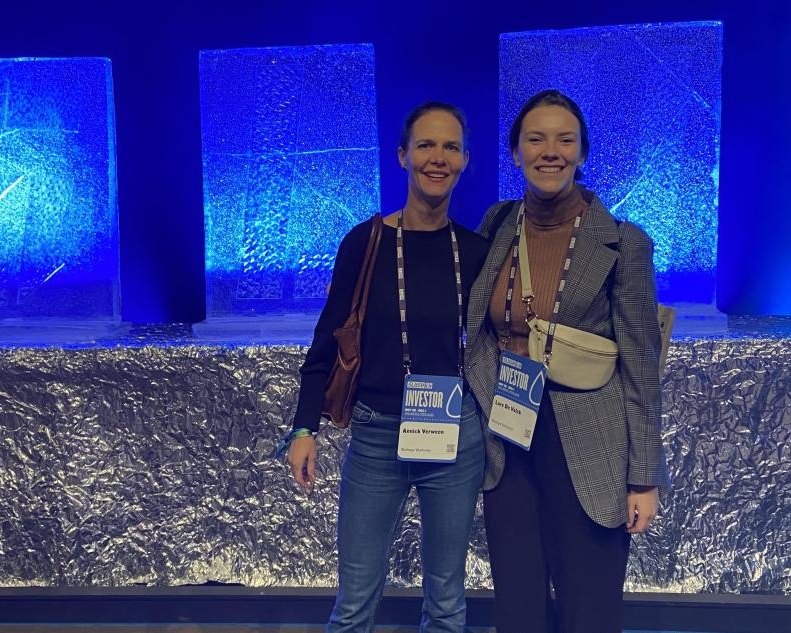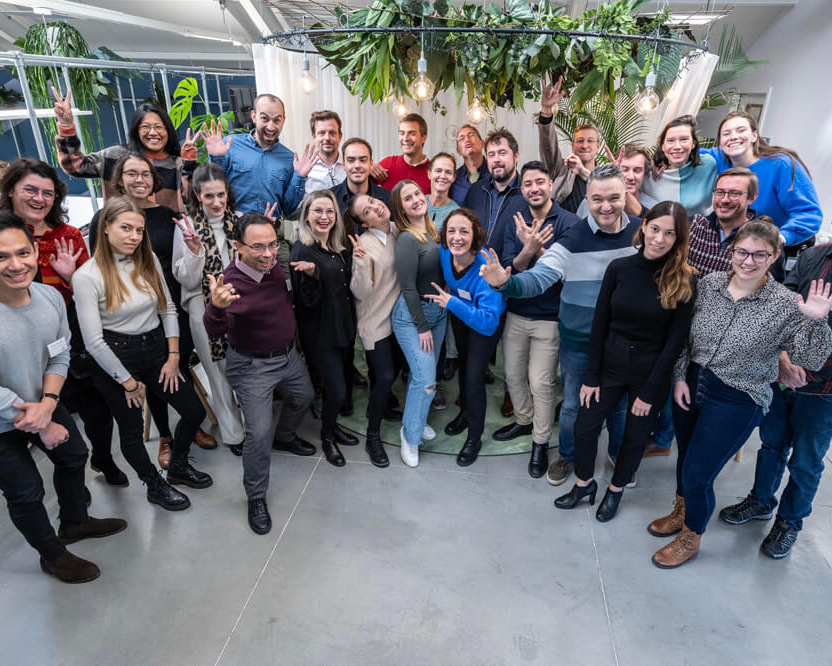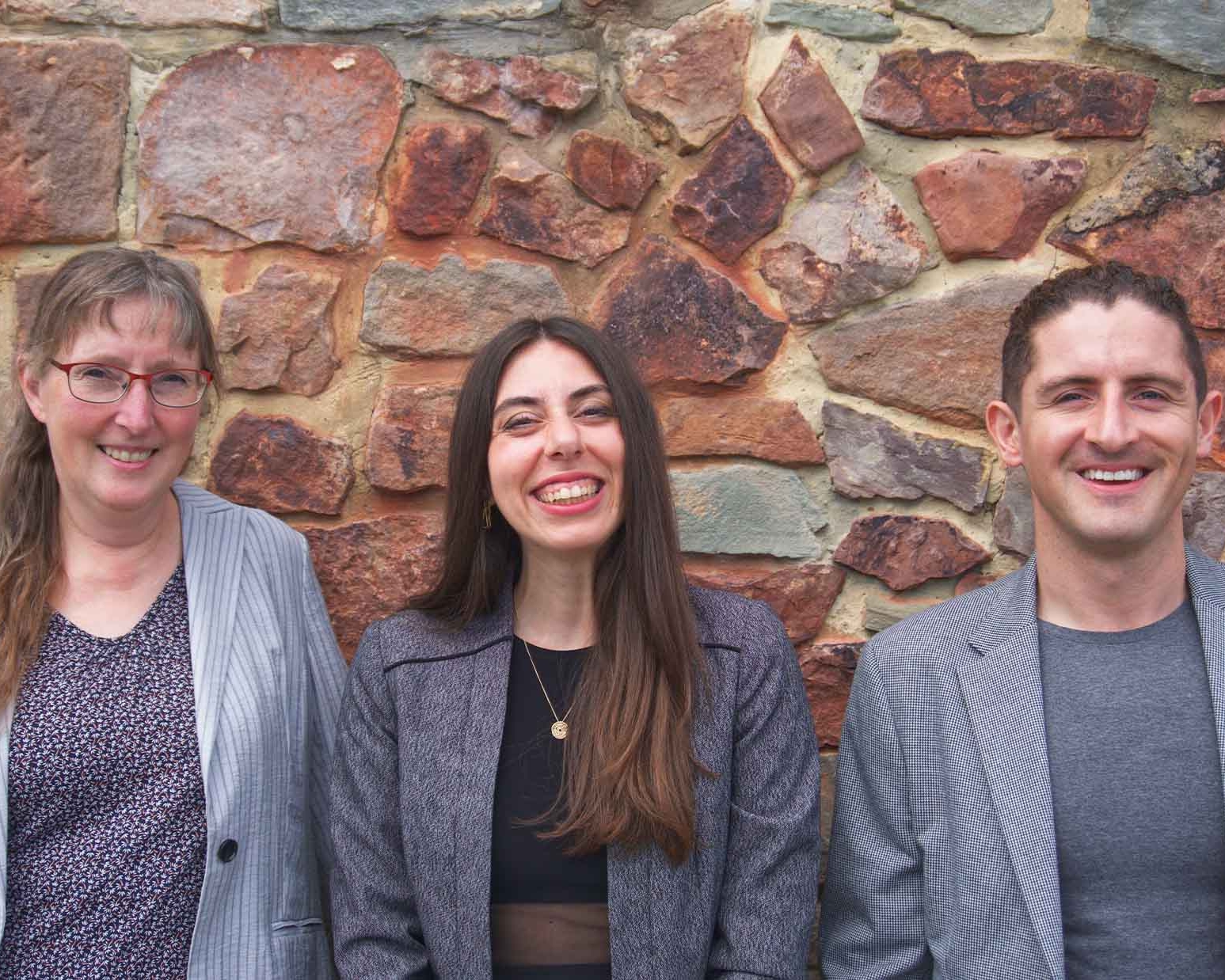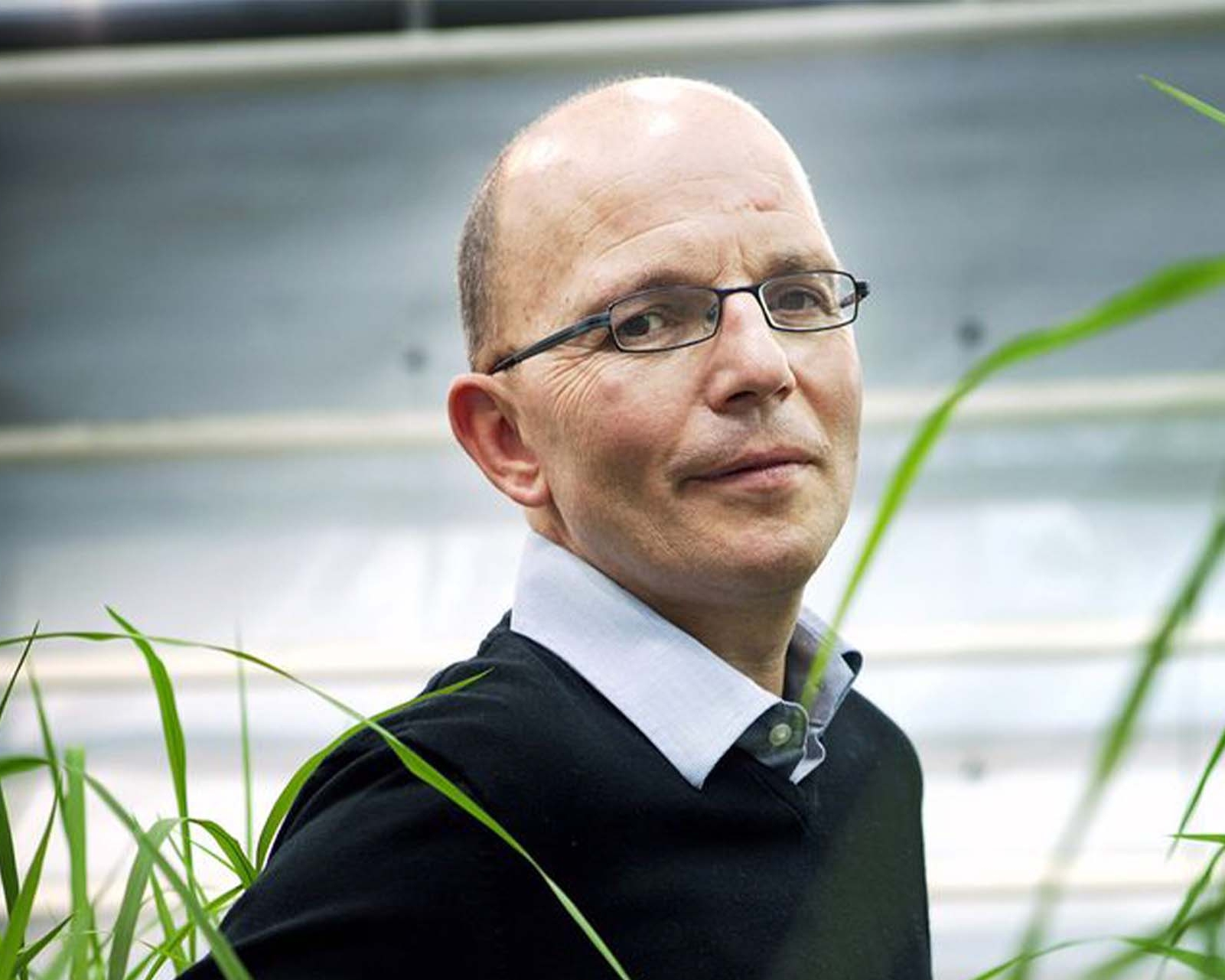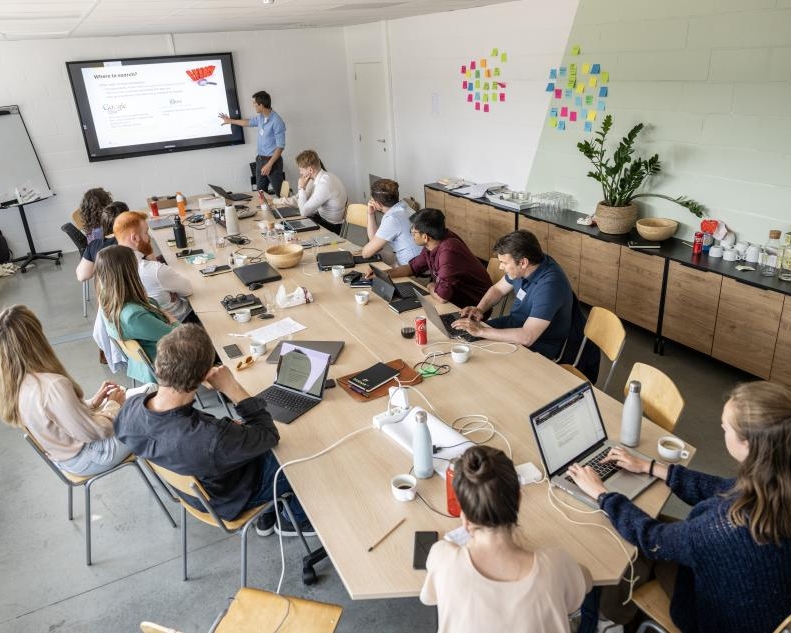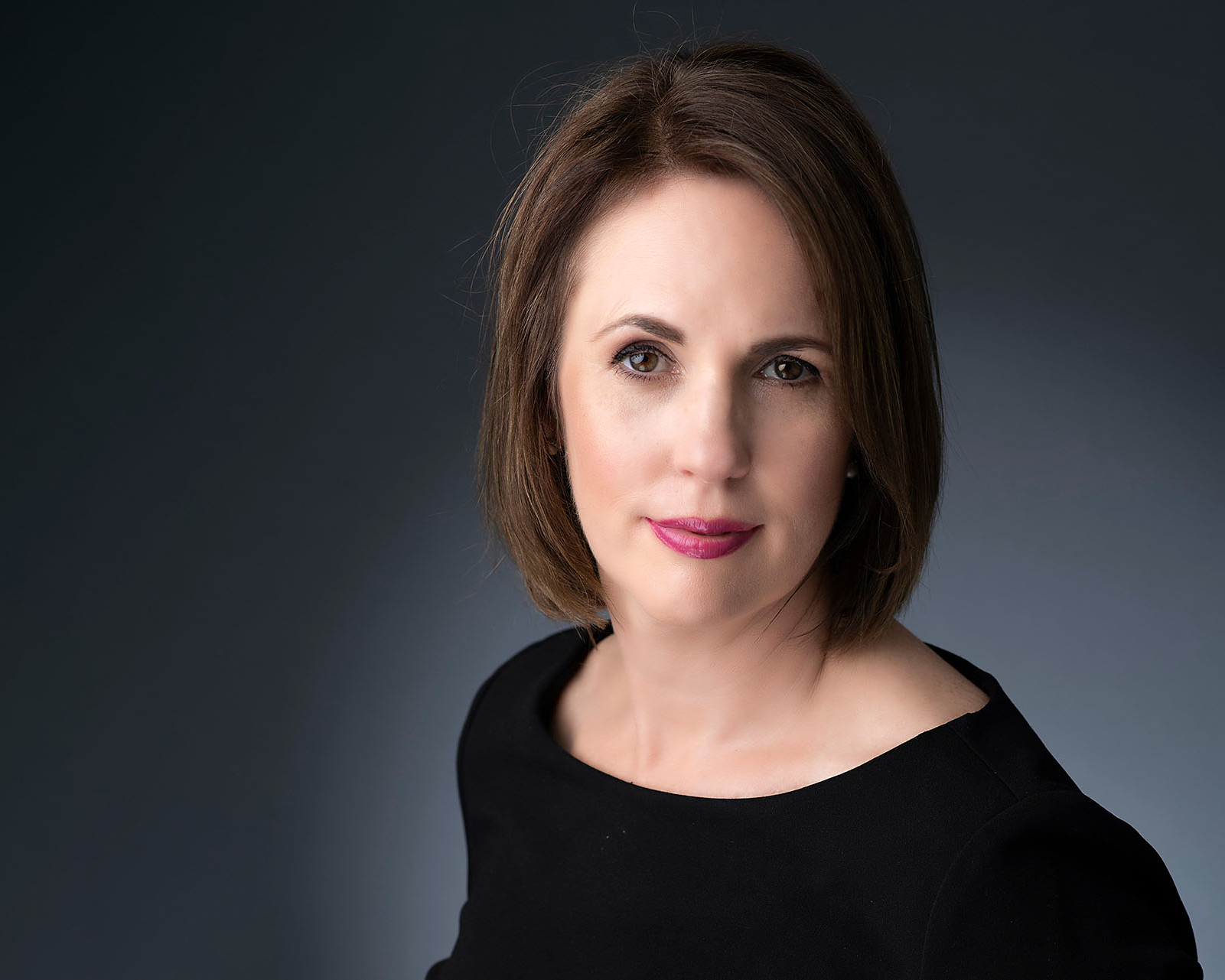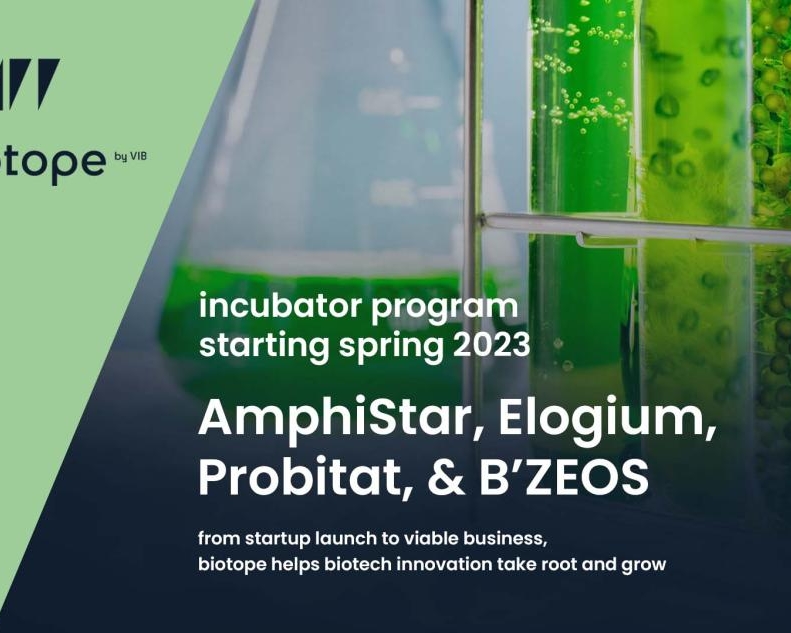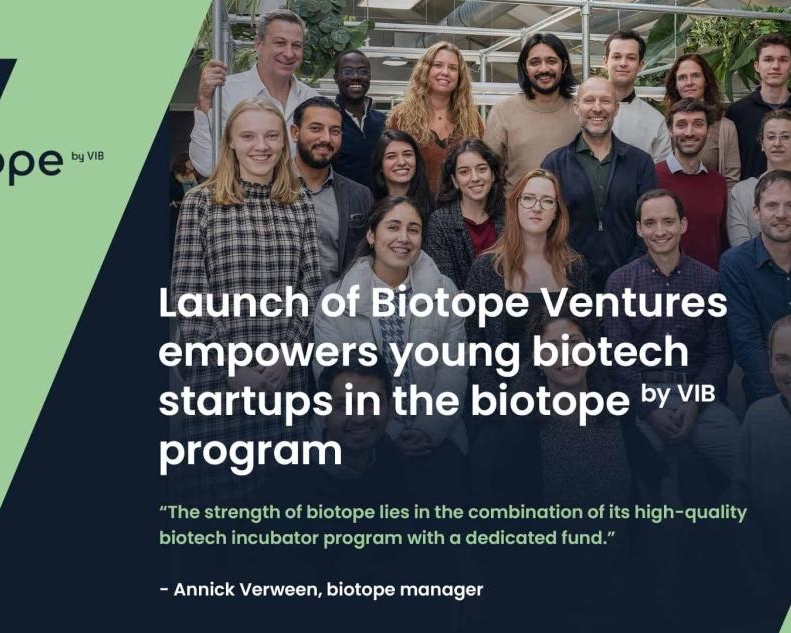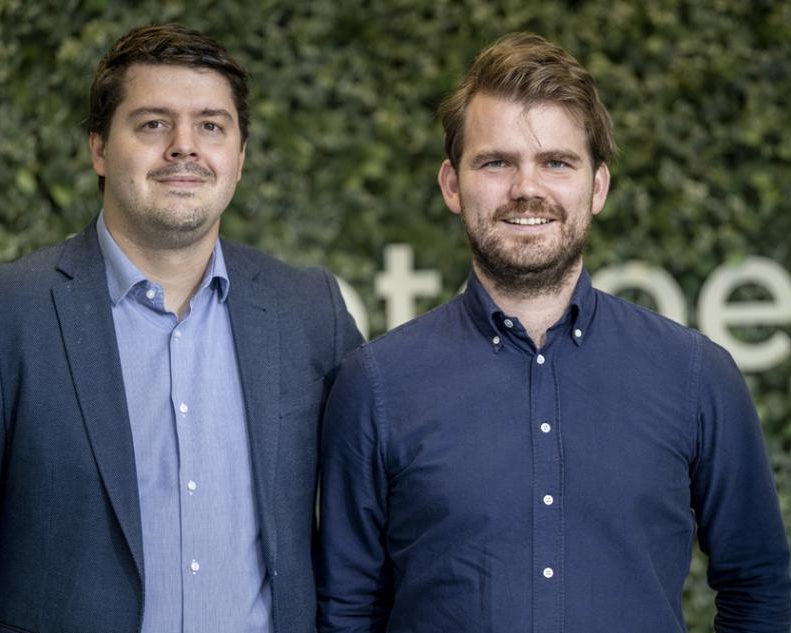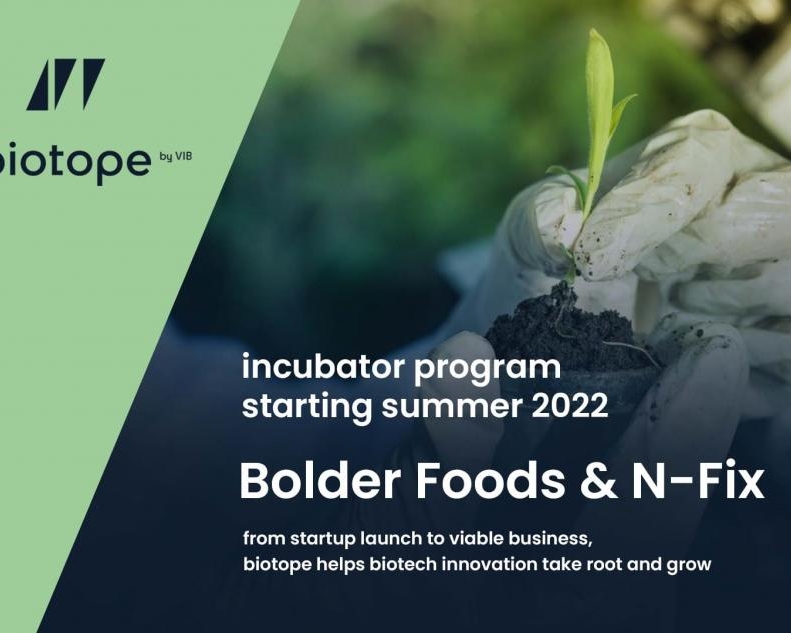- Home
- Startup news
- Bolder Foods: non-dairy cheese for a better world
Bolder Foods: non-dairy cheese for a better world
Biotope startup Bolder Foods is developing non-dairy cheeses that combine great taste with positive impact. The company’s plant- and microbe-based cheeses are pushing boundaries without compromising on price or pleasure.
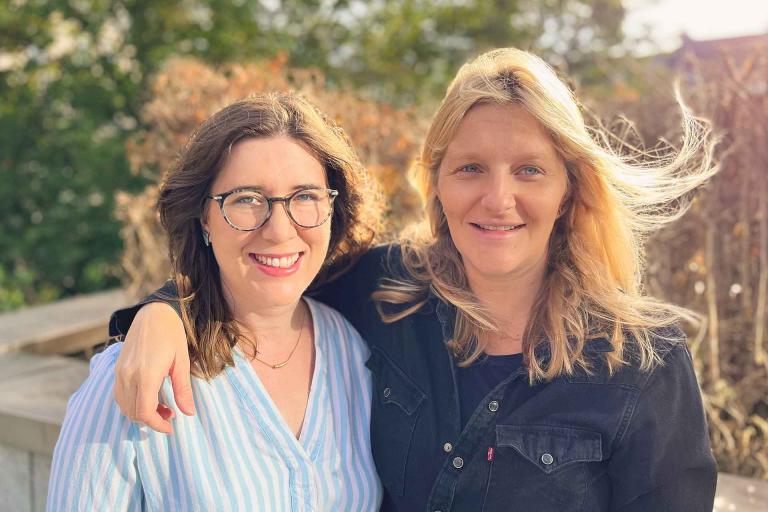
Subscribe
Subscribe for Exclusive Updates and Exciting News!
Bedankt
Je bent ingeschreven op mijn nieuwsbriefCould you tell us a bit about the background of Bolder Foods?
Ilana Taub (Co-founder): “I founded Bolder Foods in 2021 together with my co-founder Michael Minch-Dixon, and we brought Stacey Skaalure on board very early as Head of Science.
Mike and I have very similar background and have worked together in the past: before Bolder Foods, we co-founded a company together in the UK called SNACT, which made snacks from fruit that would otherwise go to waste.
We’ve both always approached business from a sustainability angle, looking at how companies can drive positive environmental and social change. That’s really the driver behind everything we’ve done for a long time, and the mission behind Bolder Foods.”
What is the problem that you’re trying to tackle with Bolder Foods?
Ilana Taub: “Very crap cheese alternatives [laughs]! When Mike and I sold SNACT, we started to think about what we wanted to do next. After doing a bit of research, we realized that there were a lot of opportunities in the non-dairy cheese market.
There are different layers of problems that we’re trying to solve here.
Our main motivator is environmental. Dairy-based cheese has a huge carbon footprint: it is the world’s fourth worst food product for greenhouse gas emissions, after beef, lamb, and farmed prawns.
Cheese production leads to even more greenhouse gasses than pig and poultry meat combined. And if you look at water use per kilo of food product, it’s actually the number one worst food out there.
We want to make great non-dairy cheeses that are available at affordable prices, so that more people will happily start consuming cheese that doesn’t hurt the environment.
Ilana Taub
“The other issue we’re trying to tackle is that consumers really aren’t very satisfied with the existing cheese alternatives on the market. The vast majority are made with a mix of coconut oil and starch, and they all taste the same (not very appetizing).
There are a few companies making nut-based cheeses, but because nuts are expensive these cheeses are pricey. We want to make great non-dairy cheeses that are available at affordable prices, so that more people will happily start consuming cheese that doesn’t hurt the environment.”
Stacey Skaalure, PhD (Head of Science): “I find it rather special that, although we’re developing a vegan cheese, nobody on our team is actually vegan. We’re all flexitarian: we choose to eat vegetarian or vegan some of the time in order to reduce our environmental footprint. I actually think this is a real strength for us because it means we have very high standards: we’re comparing these cheeses we’re creating to dairy cheese, not to the vegan cheese products currently on the market.
The whole point of Bolder Foods is that we want to make a product that will be interesting to both vegans and people who might otherwise choose to buy dairy. Because if you make a non-dairy cheese that’s appealing to everybody, you have a much better chance of impact.”
Can you tell me more about the products you’re developing, and what these cheeses are made of?
Ilana Taub: “We have two different lines of products. Our first is a line of plant-based cheeses made with cauliflower and chickpea protein. The brand is called Chizou and just launched on the Belgian market in August, hitting shelves in Delhaize supermarkets across the country.”

“The second line we’re developing is even more innovative: cheese based on microbial fermentation. This technology is still in the R&D phase and will be our main focus during the biotope incubator program.”
Stacey Skaalure: “Microbial fermentation is groundbreaking technology where we see a lot of potential in the cheese space. There are some companies that have already been working on precision fermentation – extracting dairy proteins from genetically engineered microbes. It’s an interesting technology, but still has a lot of problems, particularly with scaling. And there’s still the lingering issue with consumer attitudes and EU laws regarding genetic modification.
We’re creating a platform that can produce non-dairy cheese that is better quality and cheaper than current alternatives
Stacey Skaalure
“What we’re doing is different: our cheeses will be based on biomass fermentation, where the microbes themselves are the main ingredient, so the yield is much higher. We’re using select strains of naturally occurring microbes and feeding them specific vegetable feedstocks.
When grown together, these different combinations lead to unique texture and flavor profiles – creamy consistencies and nice pungent flavors that are very similar to specific types of cheeses.
We’re creating a platform that can produce non-dairy cheese that is better quality and cheaper than current alternatives, which is important because price parity is essential for consumer uptake.
Now with biotope’s assistance, we can propel this technology forward and develop our line of microbe-based cheeses.”
How is biotope going to help you take your startup to the next level?
Ilana Taub: “In our previous company, Mike and I did everything ourselves, which wasn’t sustainable. With Bolder Foods, we’re determined to do things differently. Through the biotope mentors and their network, we’re receiving the additional support we need to grow.
We really see biotope’s managers Tony and Annick as more than just advisors – they’re a part of the Bolder Foods team.”
Stacey Skaalure: “We’re benefiting from both the biotope expertise and from connections to the broader ecosystem. On the tech side, biotope connects us to universities, contract organizations, and pilot scaling plants to help us propel our product forward.
But we’re also starting to look at things like the regulatory process and IP, where additional advice from the biotope experts is invaluable. It means we don’t have to figure everything out on our own, leaving us more time to focus on the quality of the cheese.”
More News
biotope recap: Summer edition 🌞
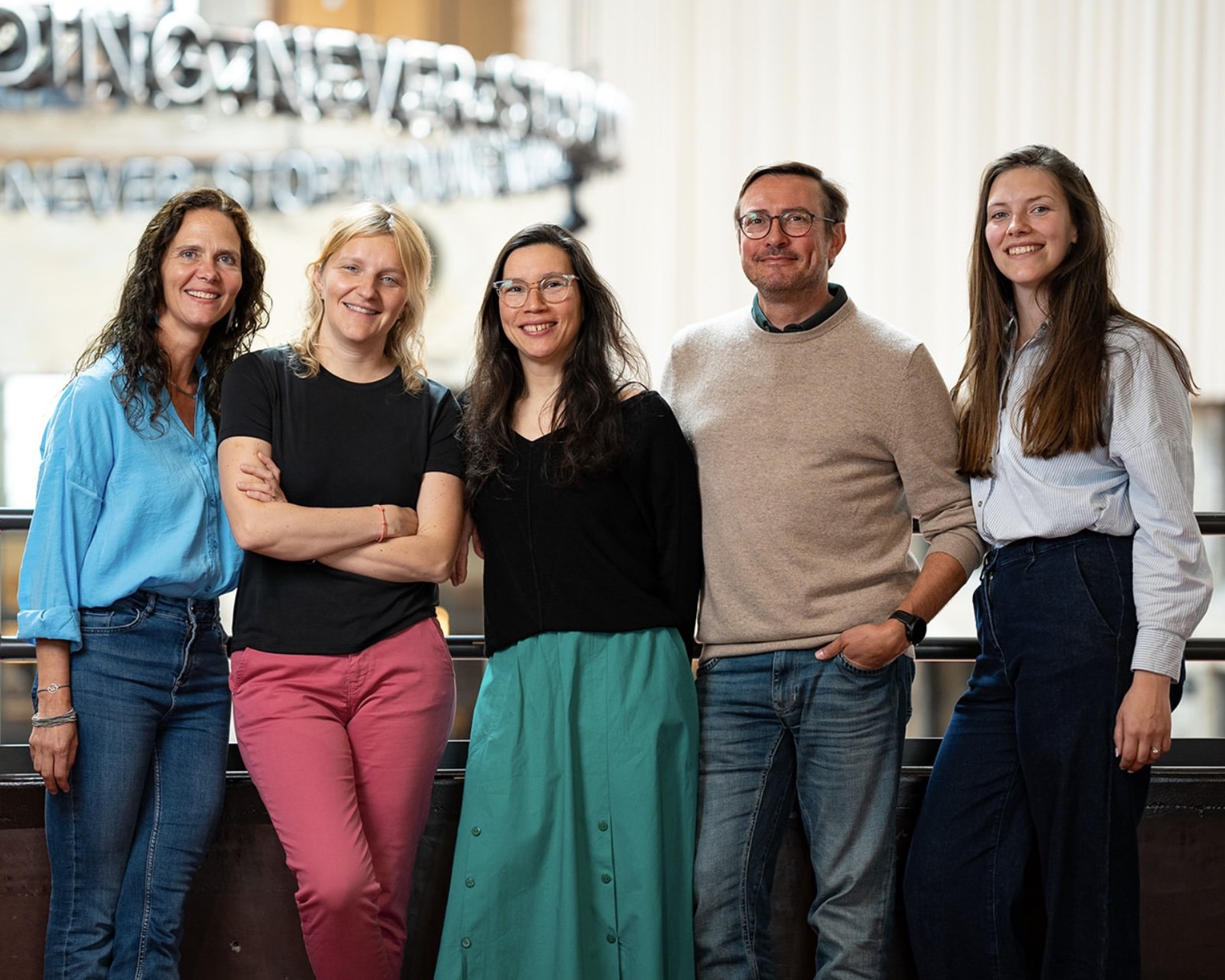
2024 wrapped
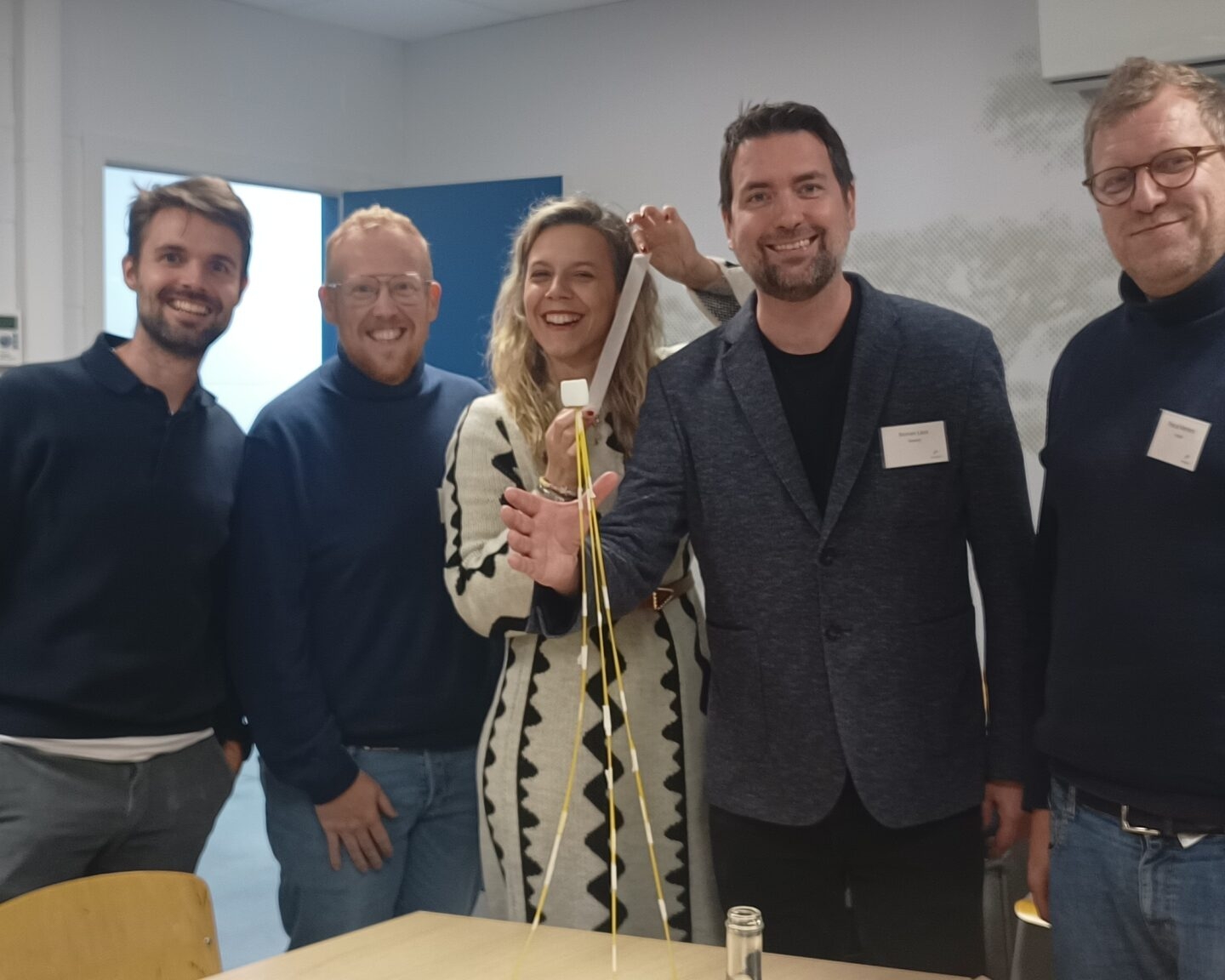
Networking with cohort six
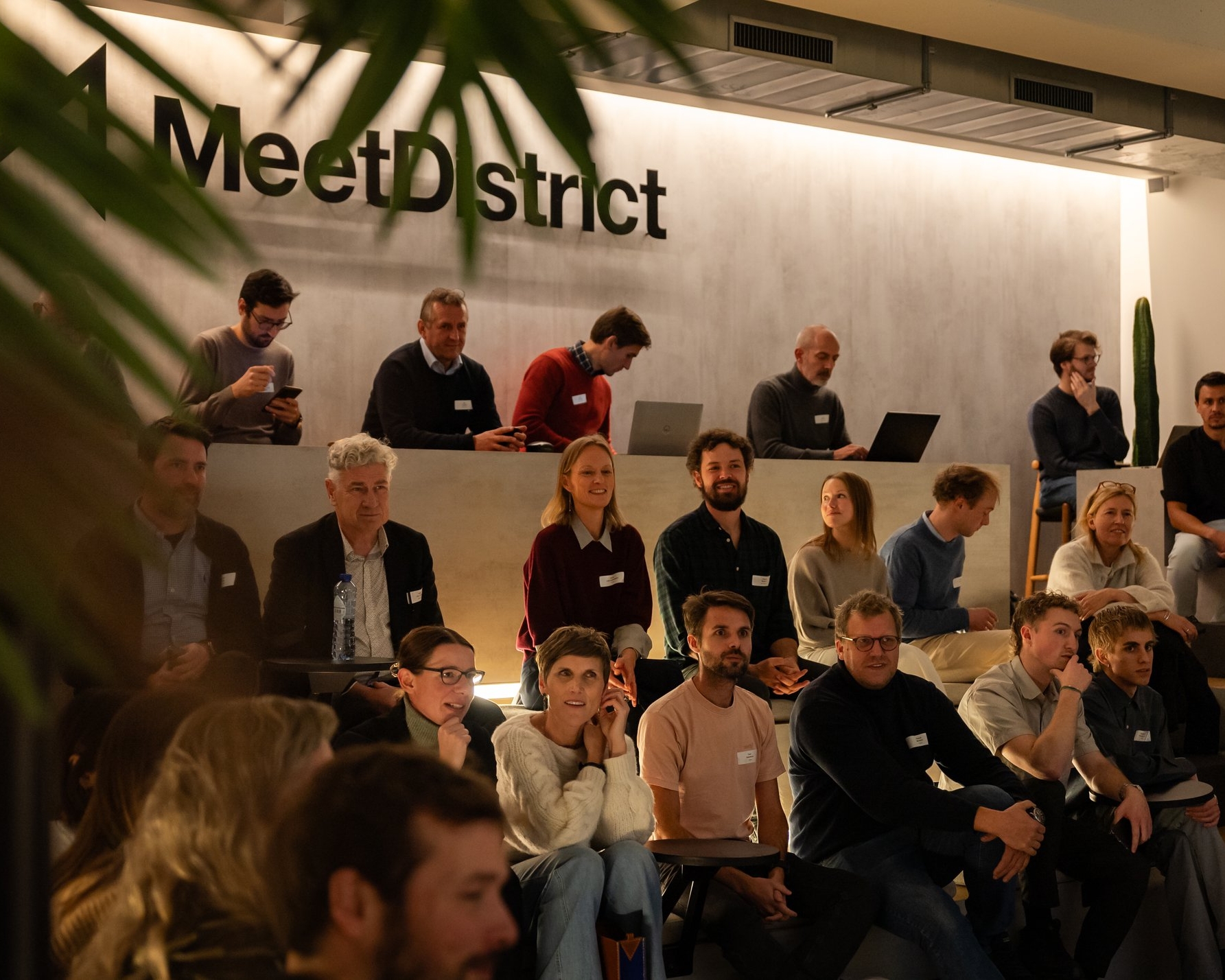
B’ZEOS celebrates seed round milestone
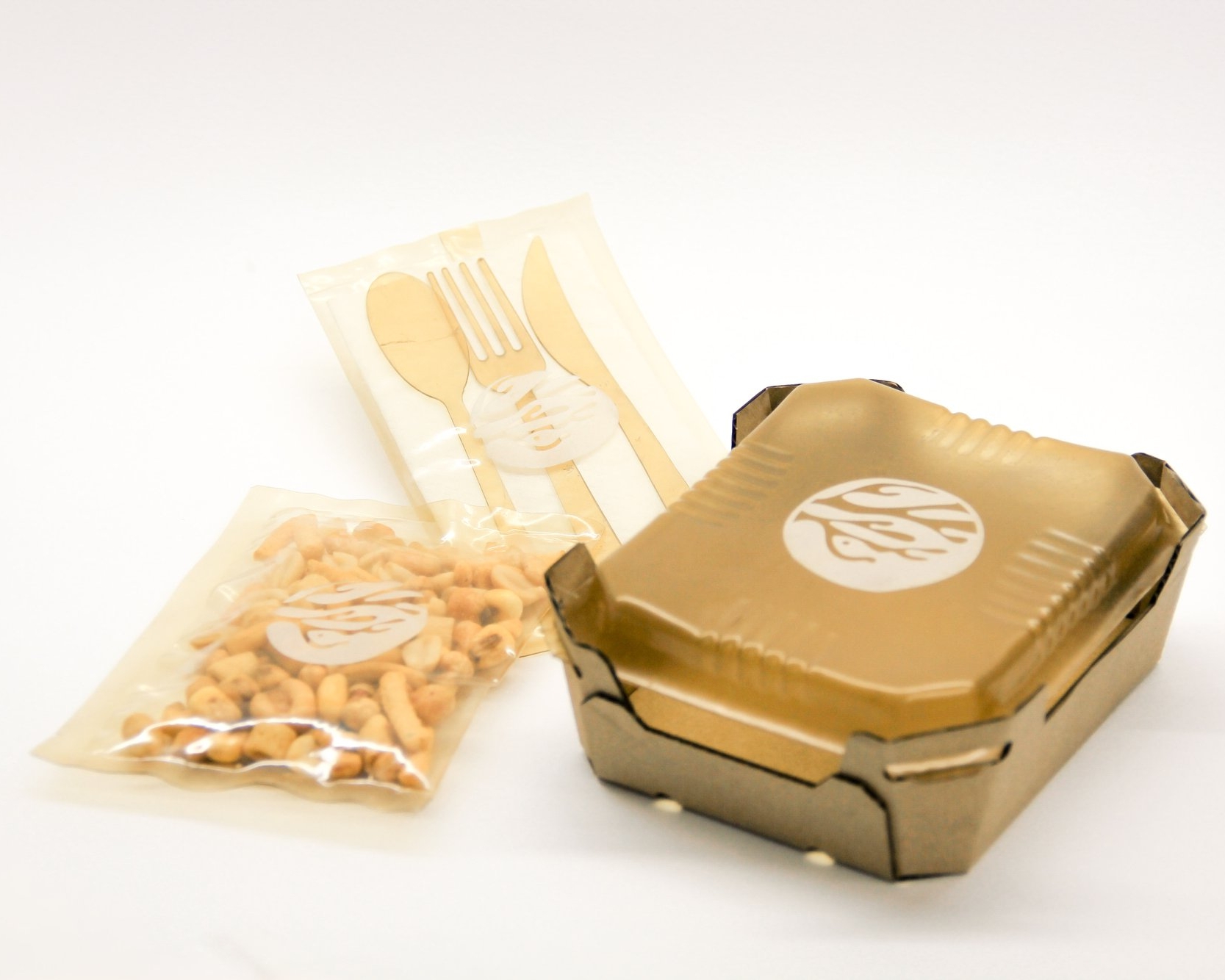
Tackling food waste at its source
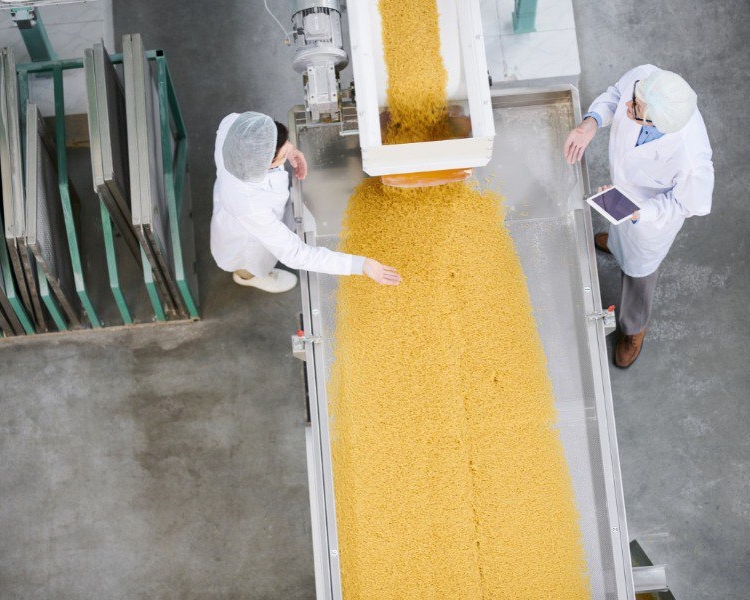
The value of good mentors
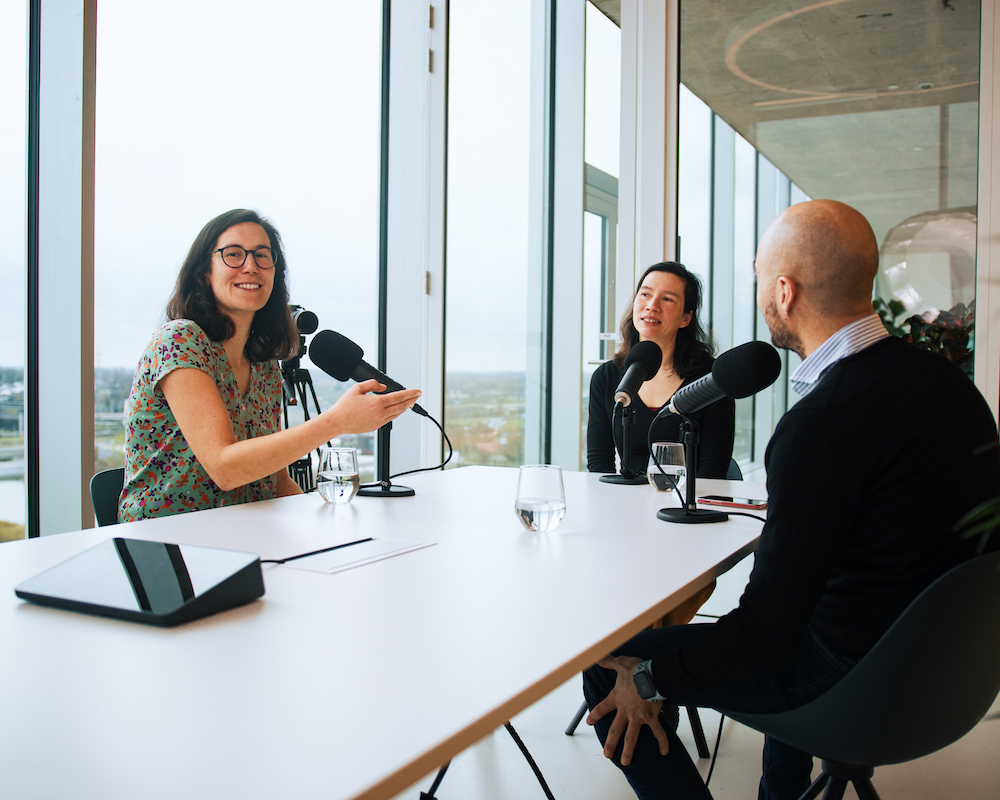
Meet our Spring ‘24 cohort
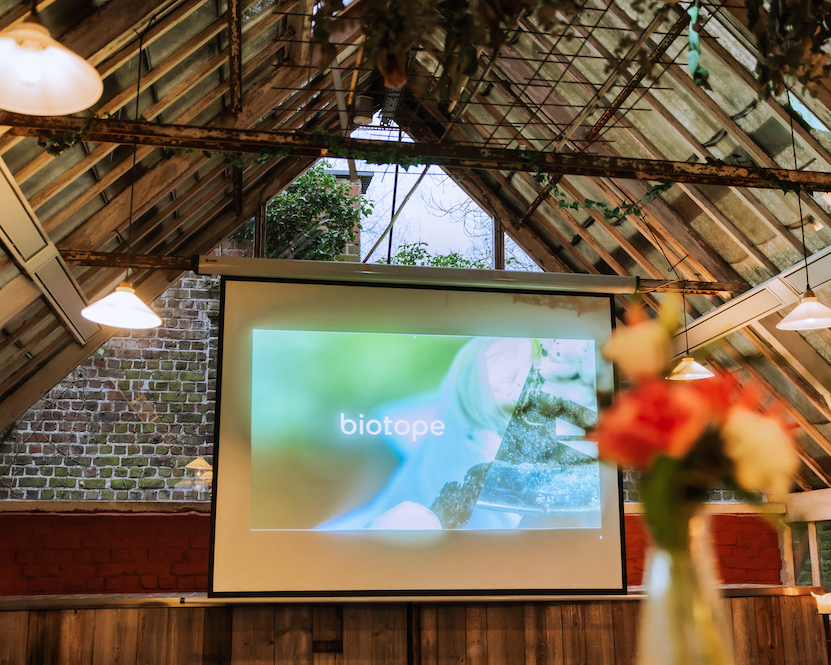
His son’s allergy turned this father into a founder
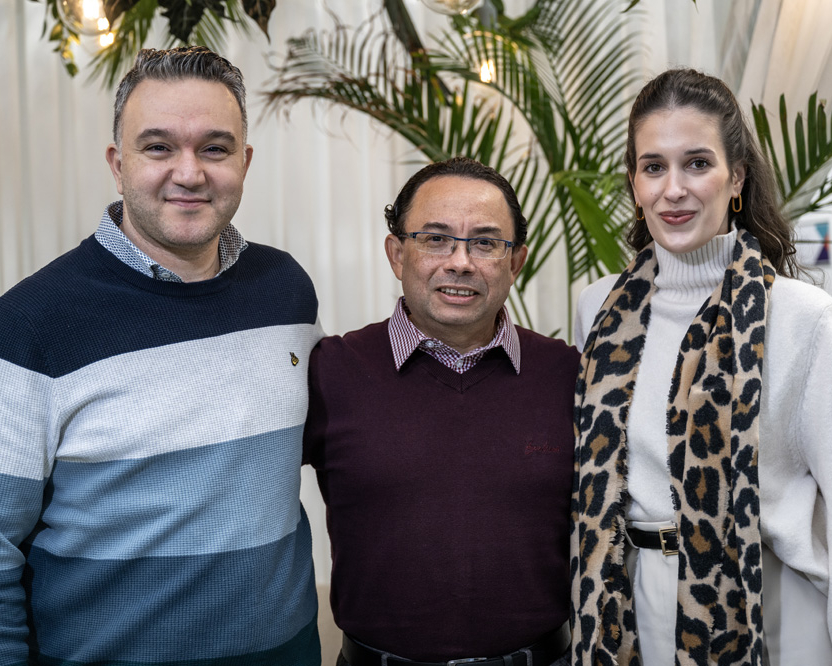
FlyBlast: on a mission to solve meat
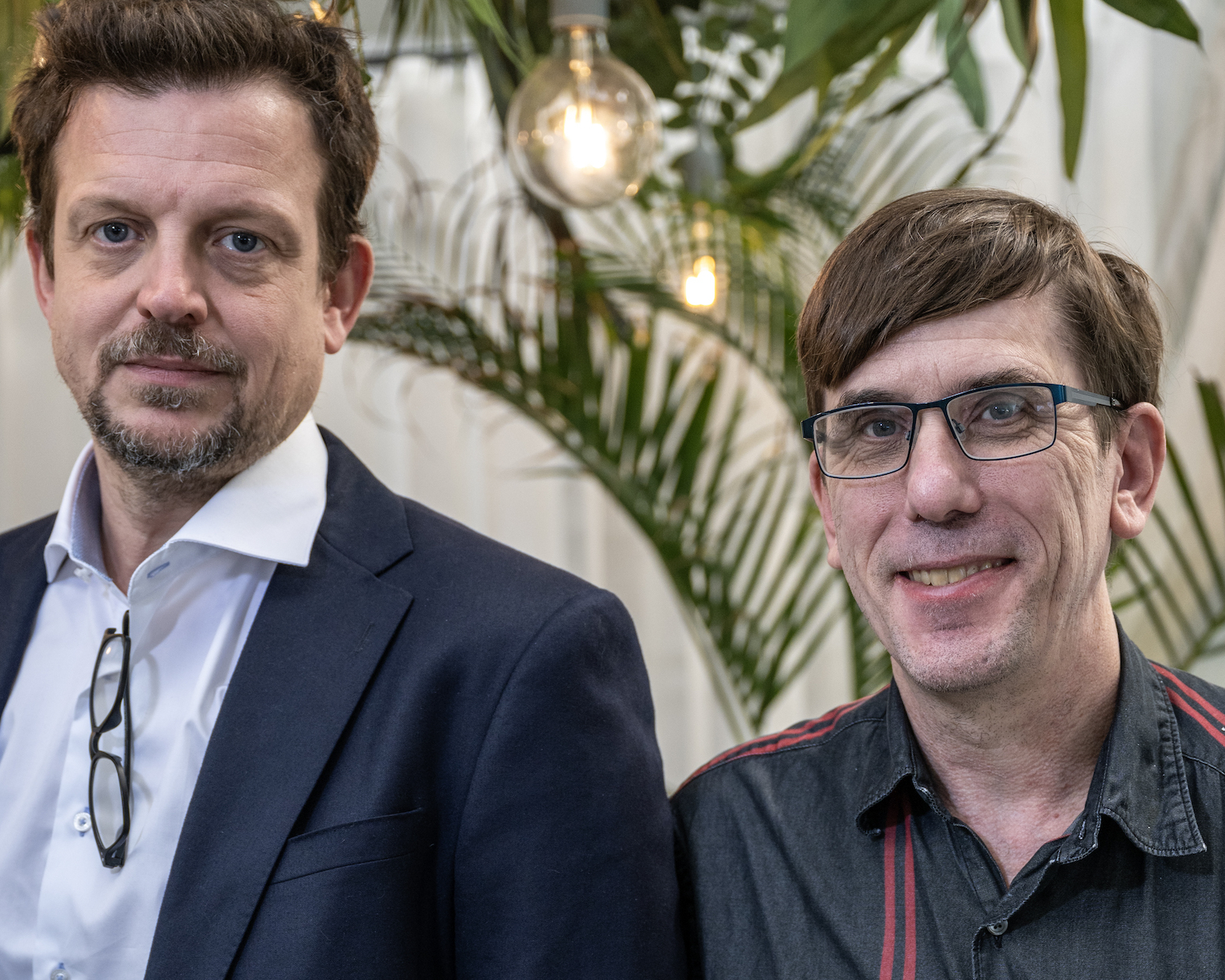
Biosurfactants from food waste? Meet AmphiStar
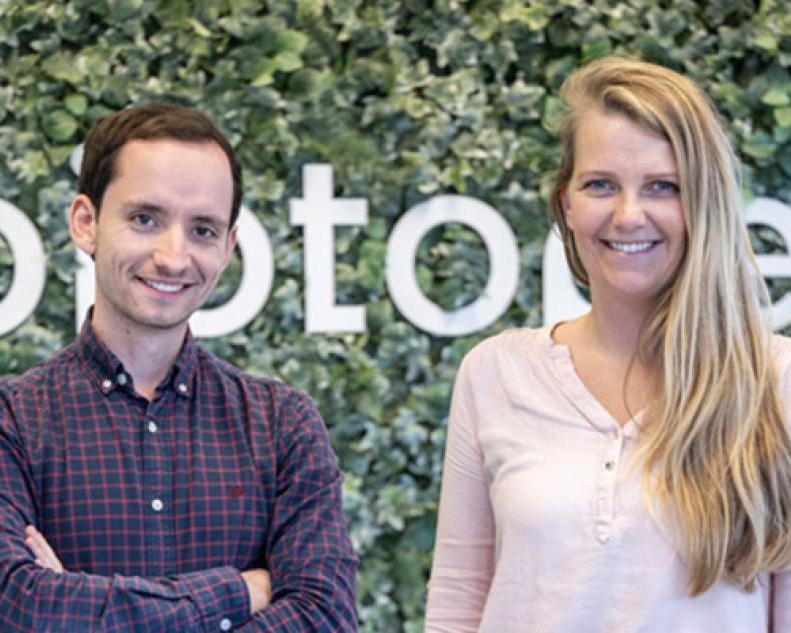
Probitat interview
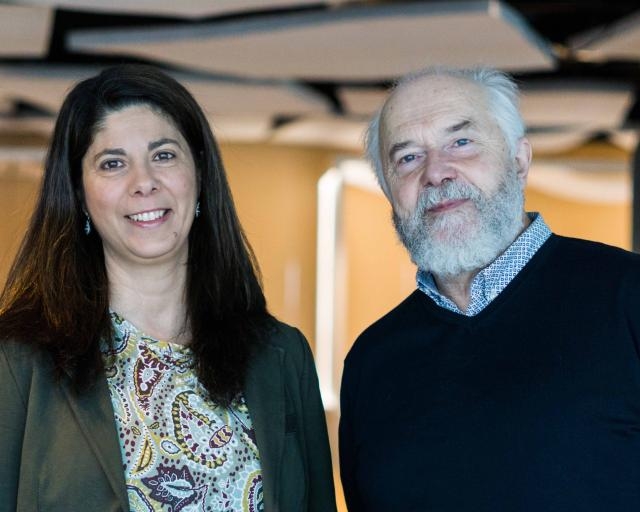
B’ZEOS: sustainable packaging made of seaweed
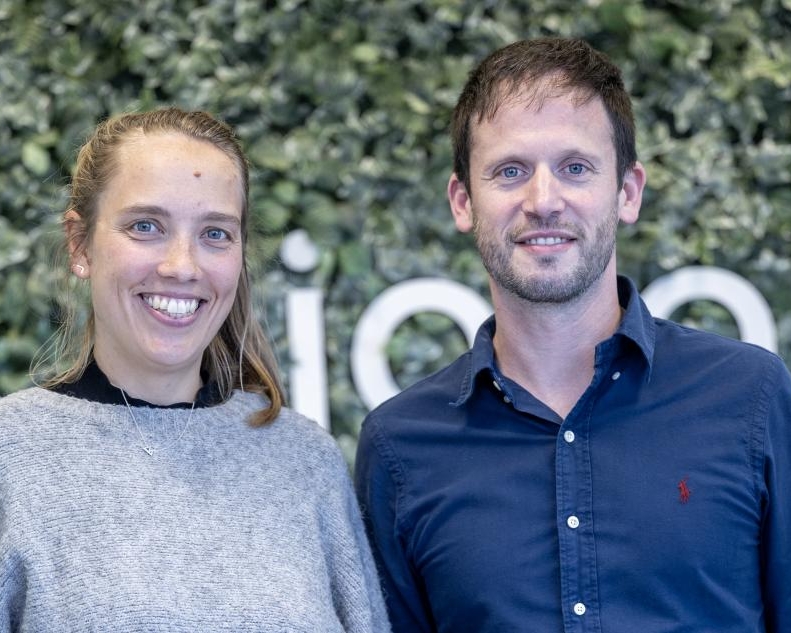
Elogium: Poultry probiotics for safer food
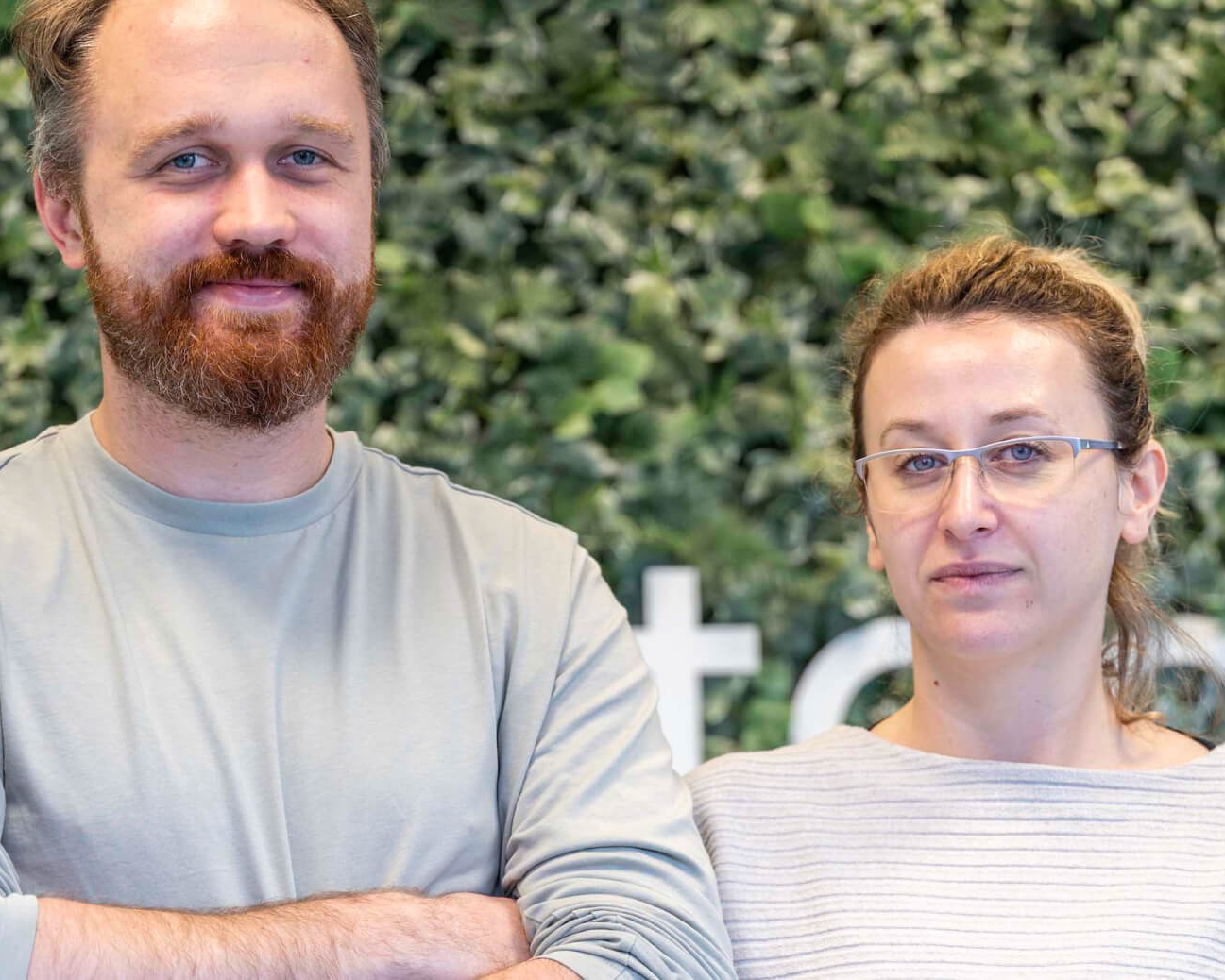
BioVox article
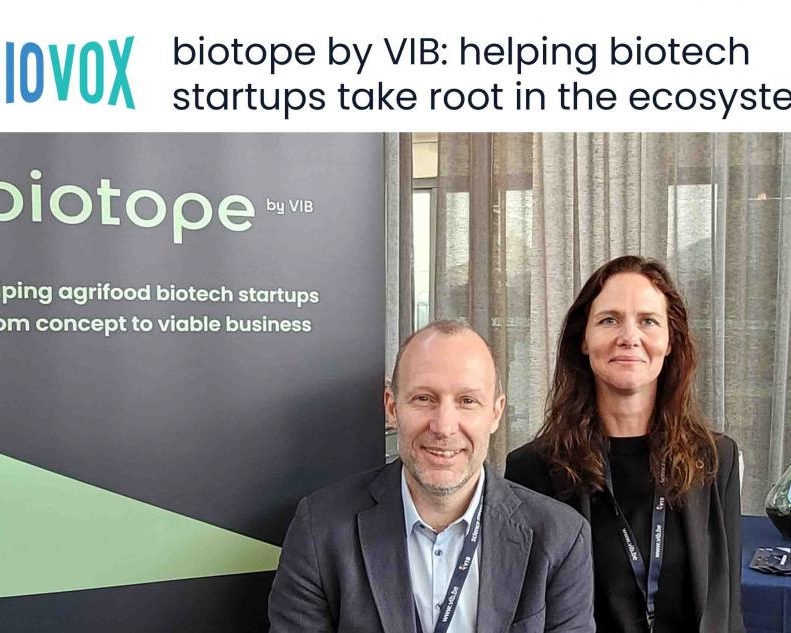
Think you've got what it takes?
- Take part in our program to rapidly advance your technology
- Grow the confidence of you and your team
- Turn your startup into an investment-ready business
